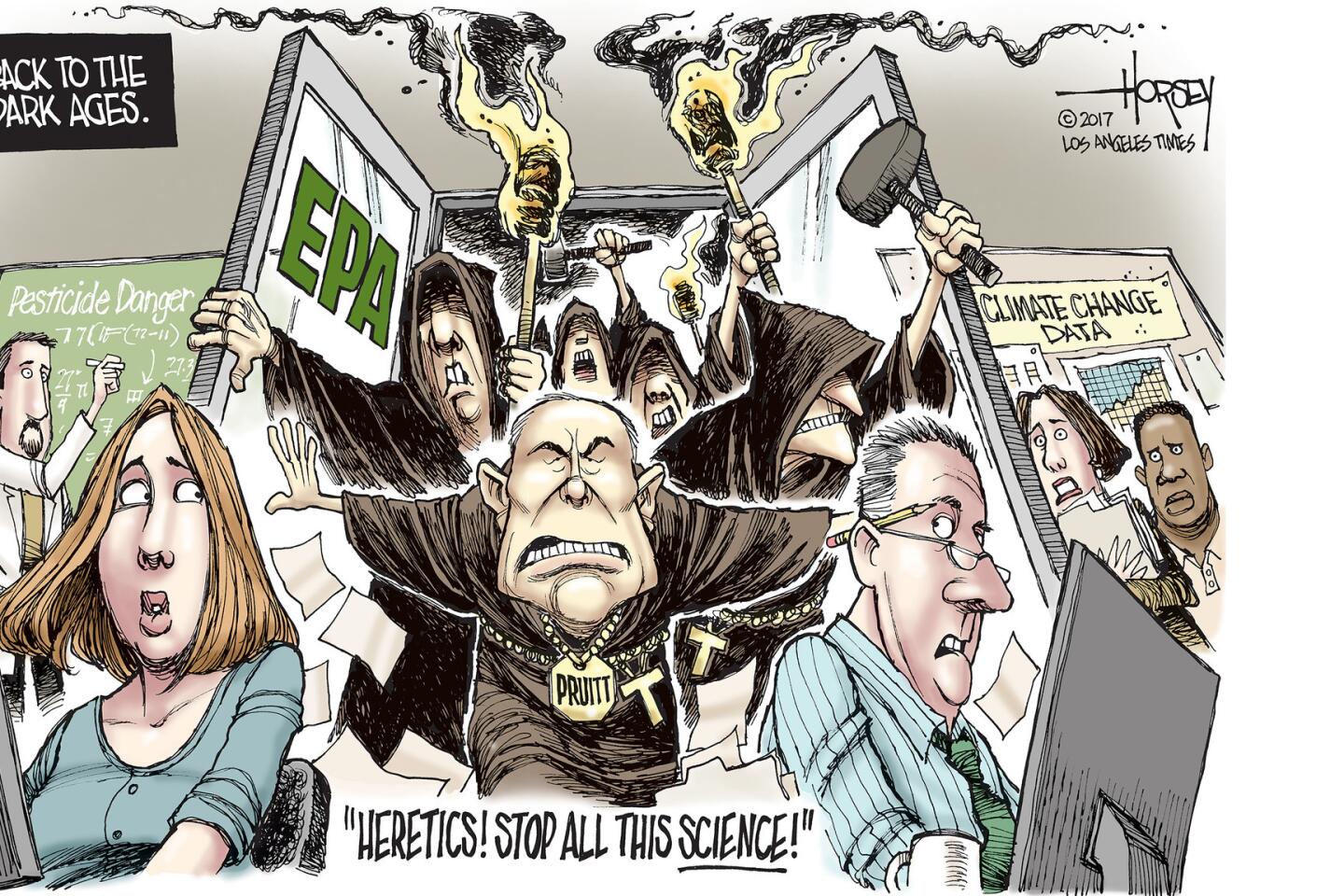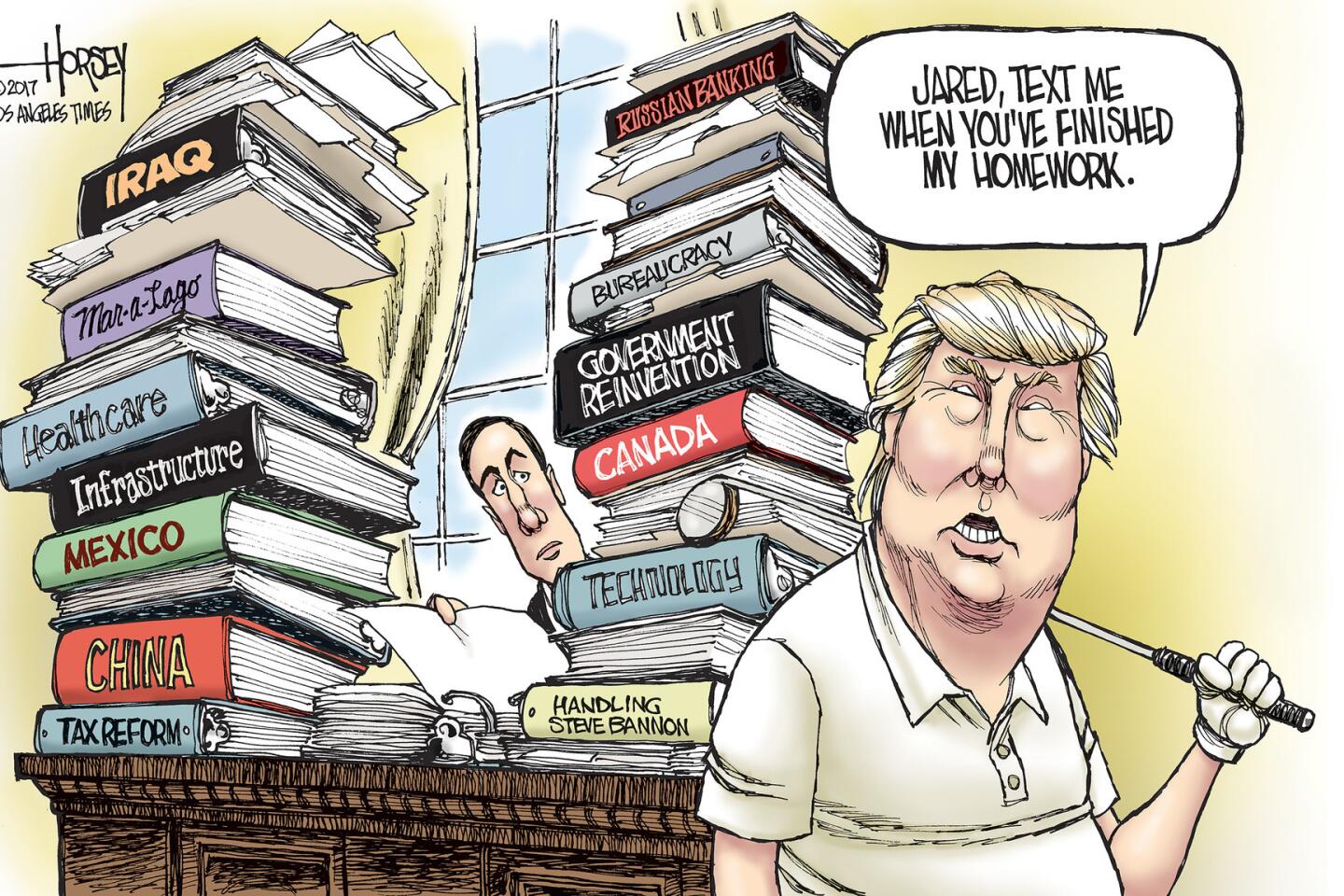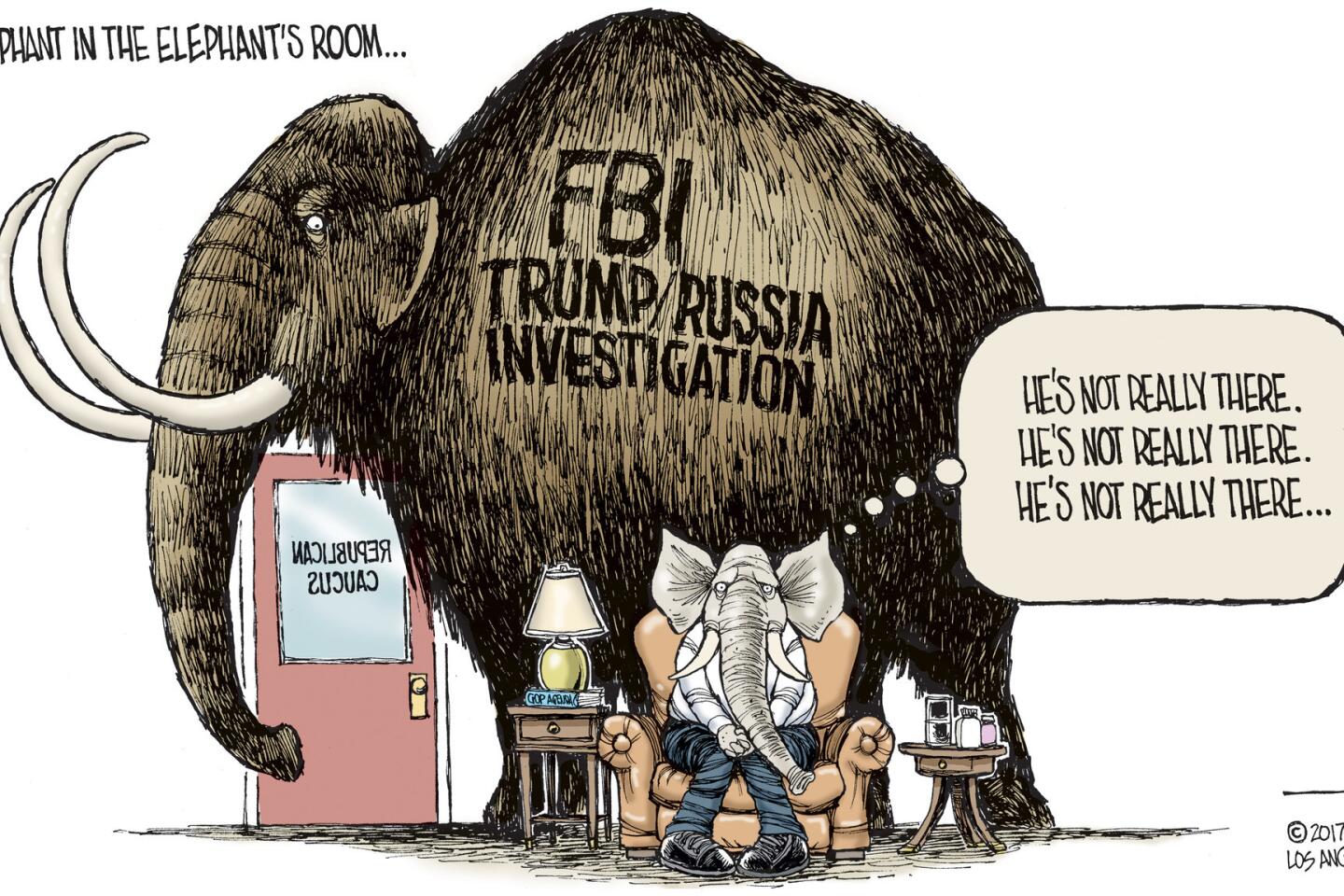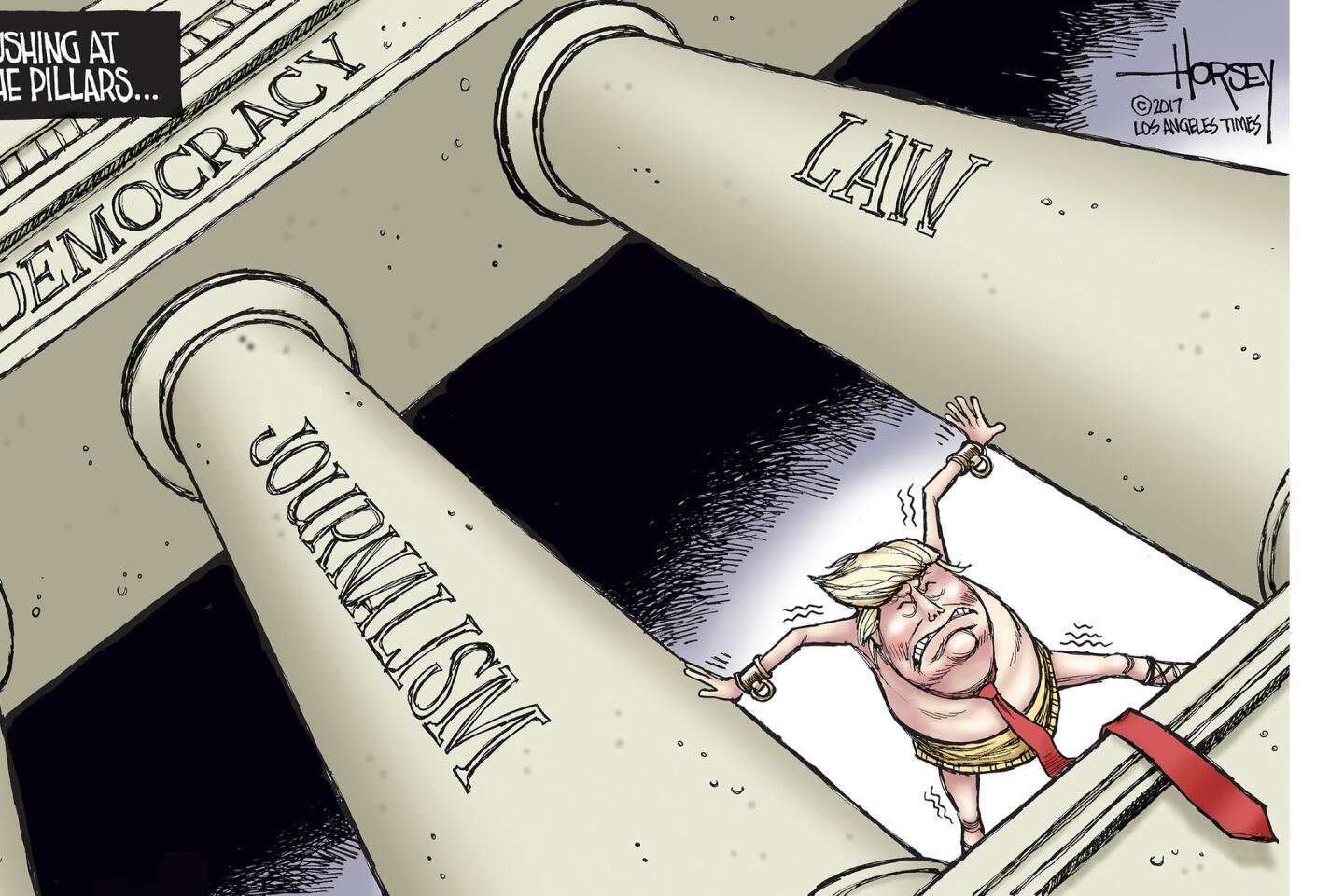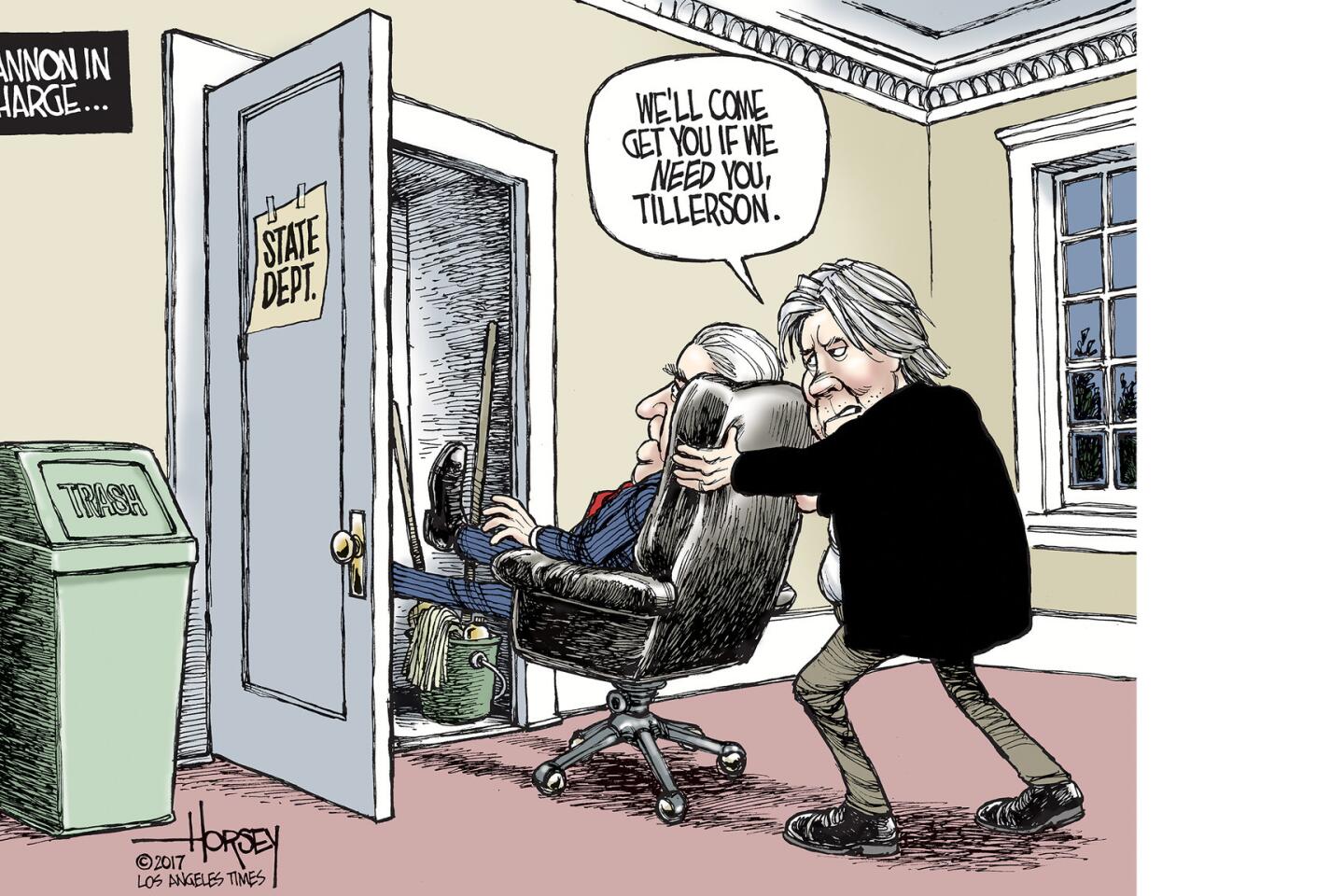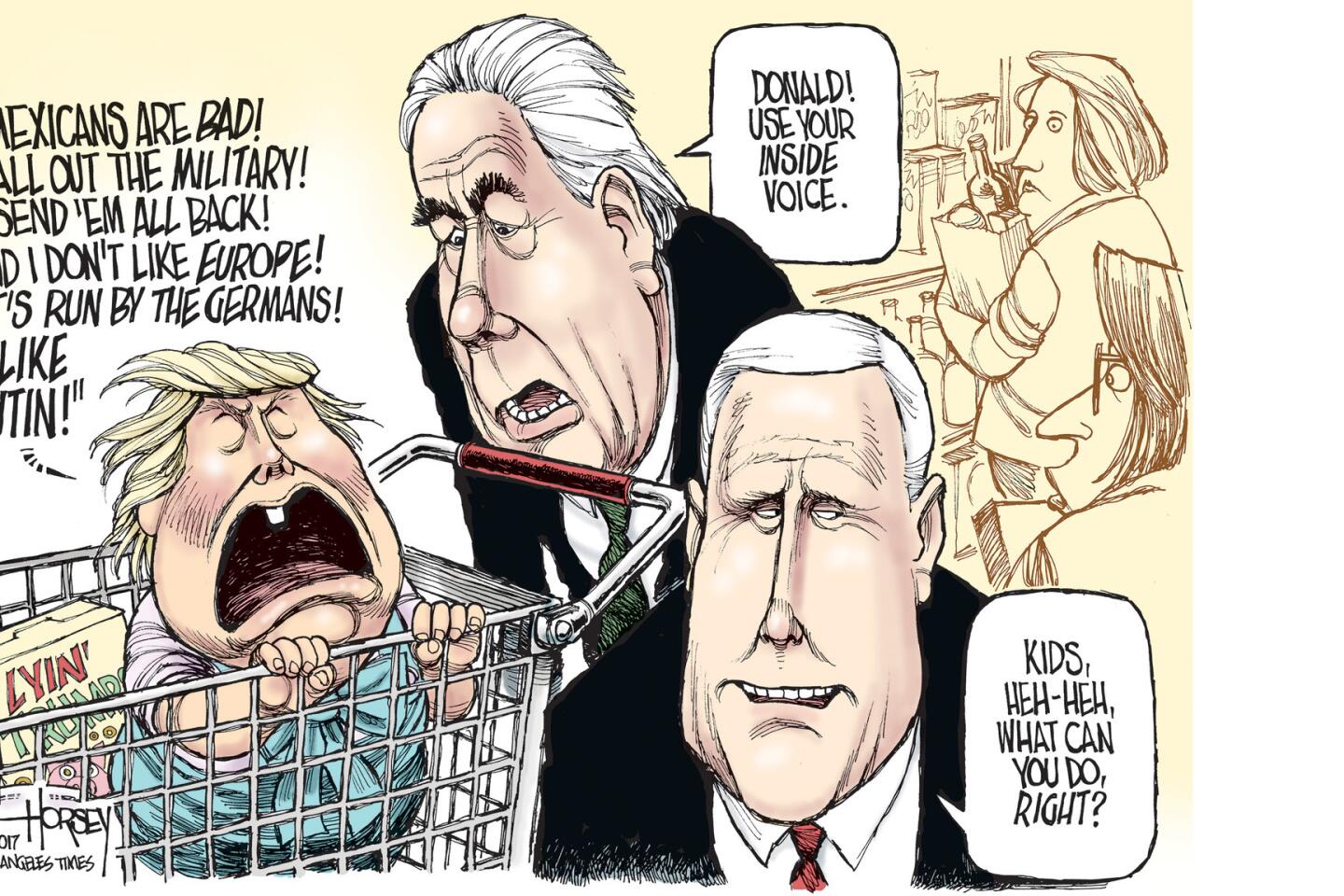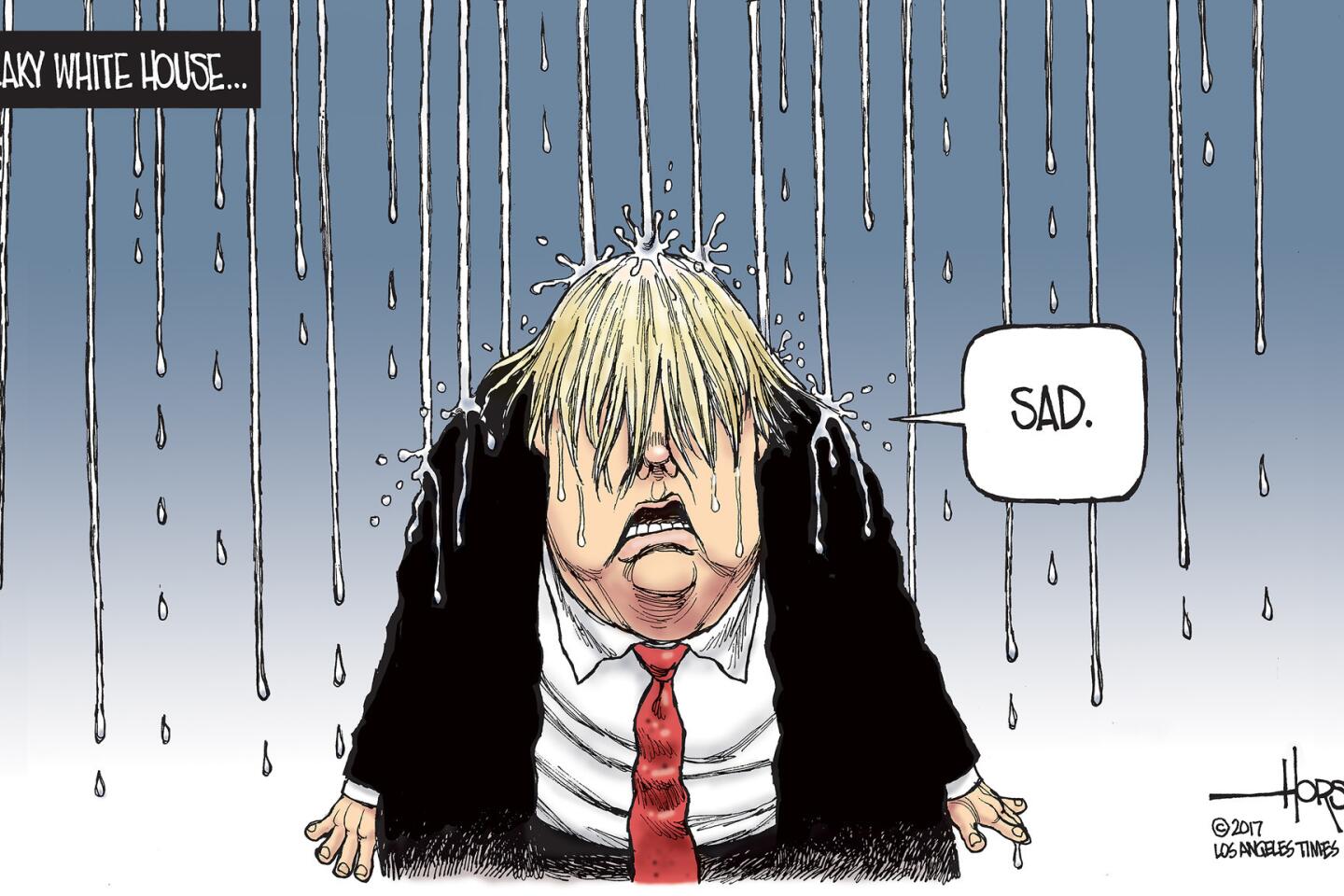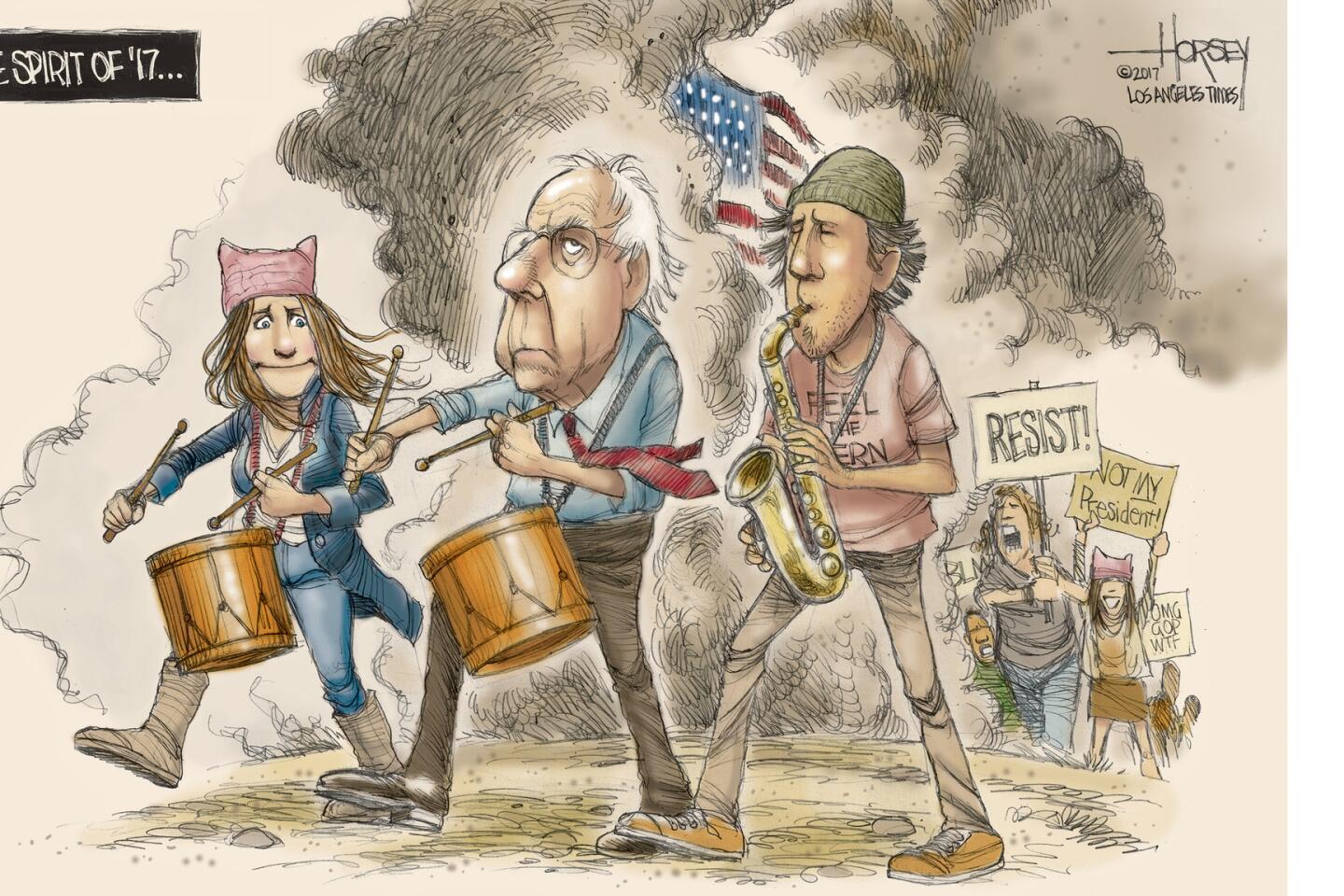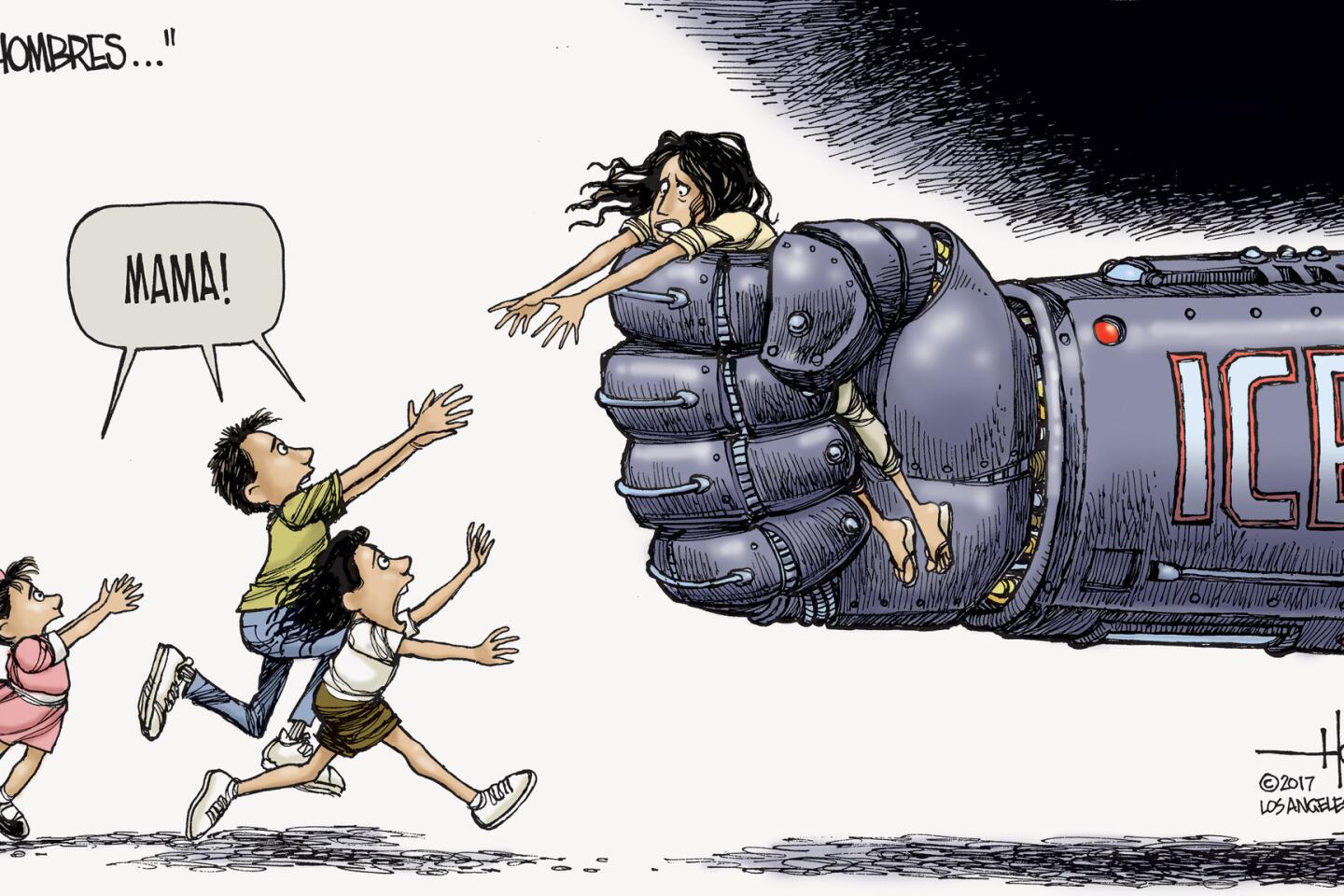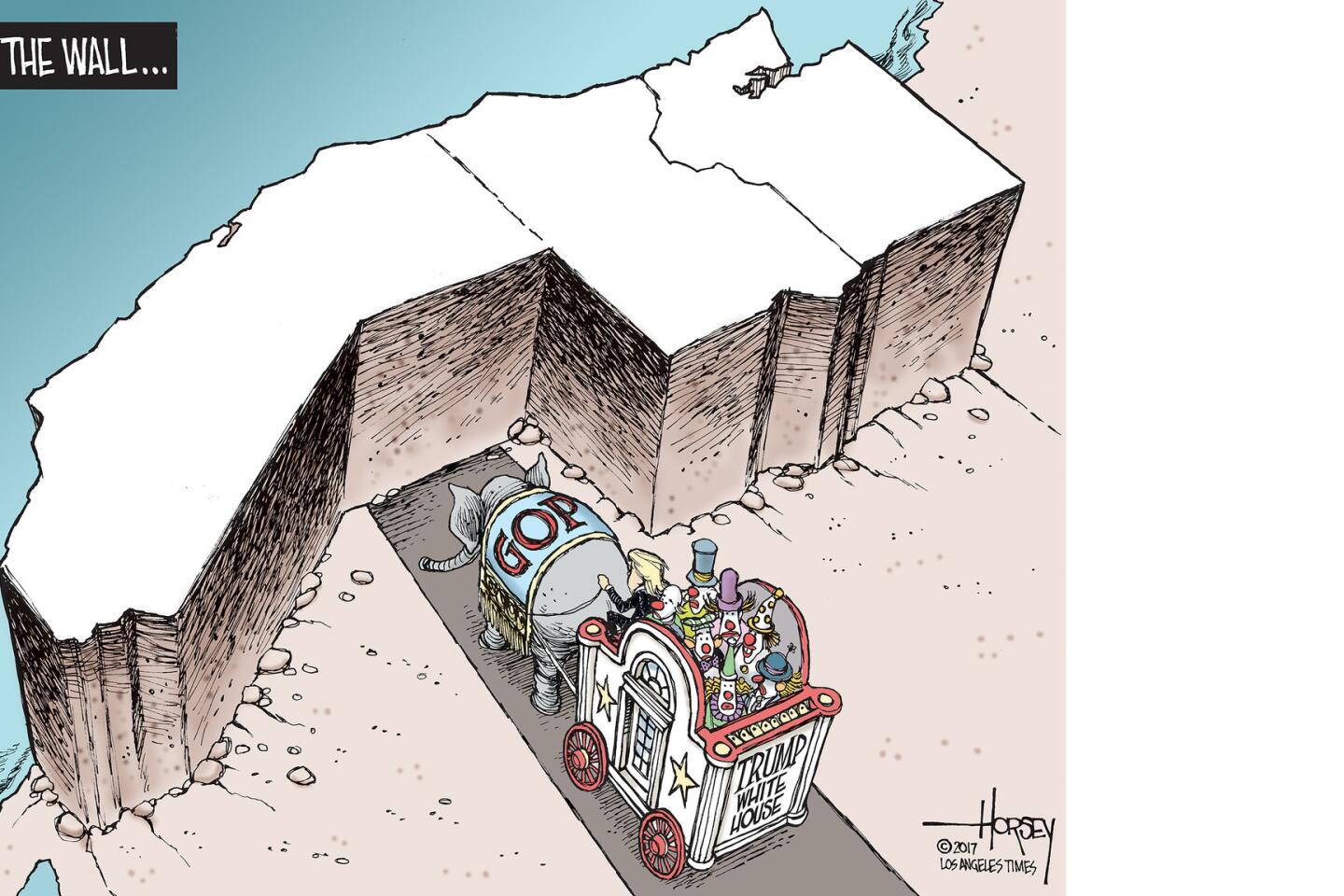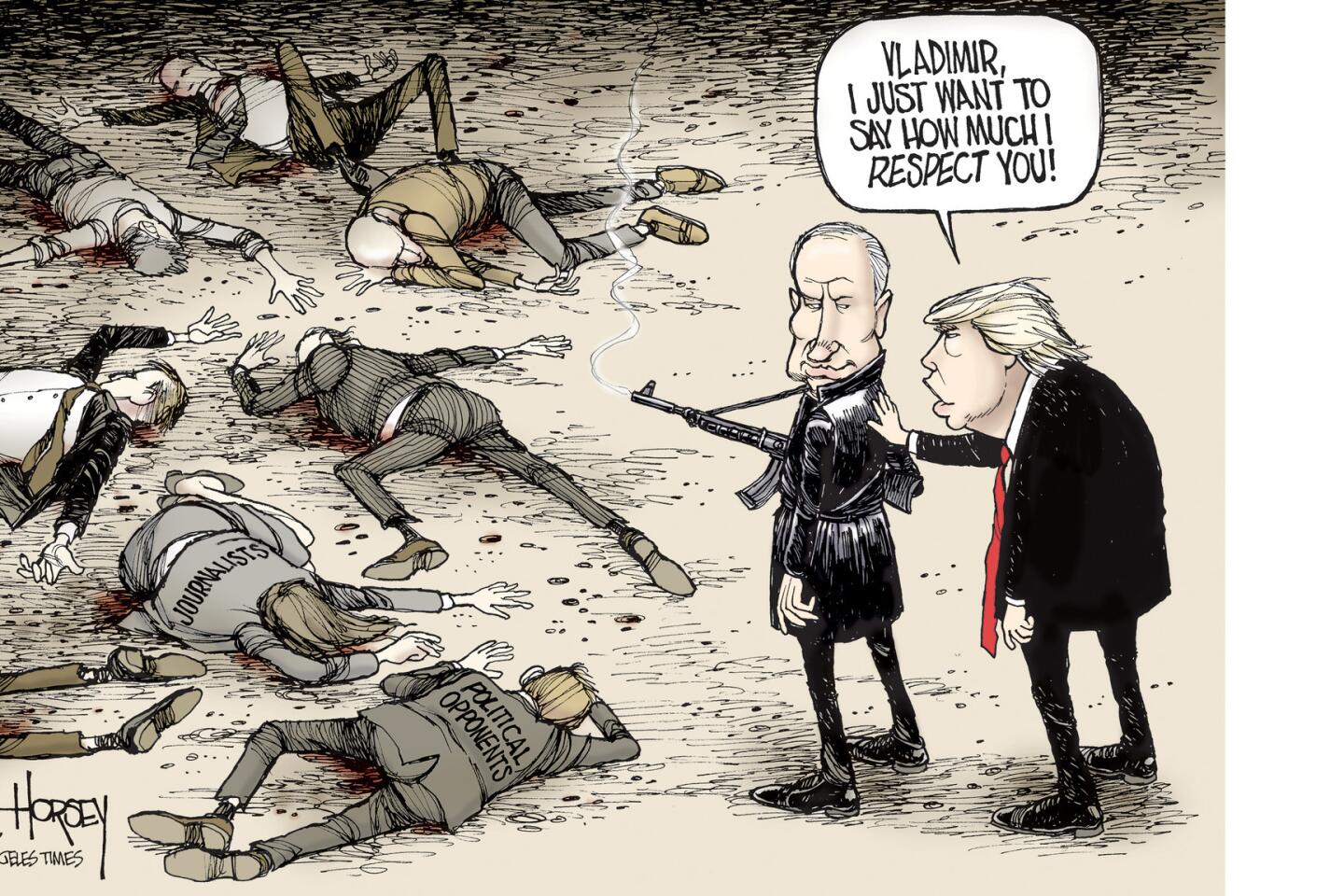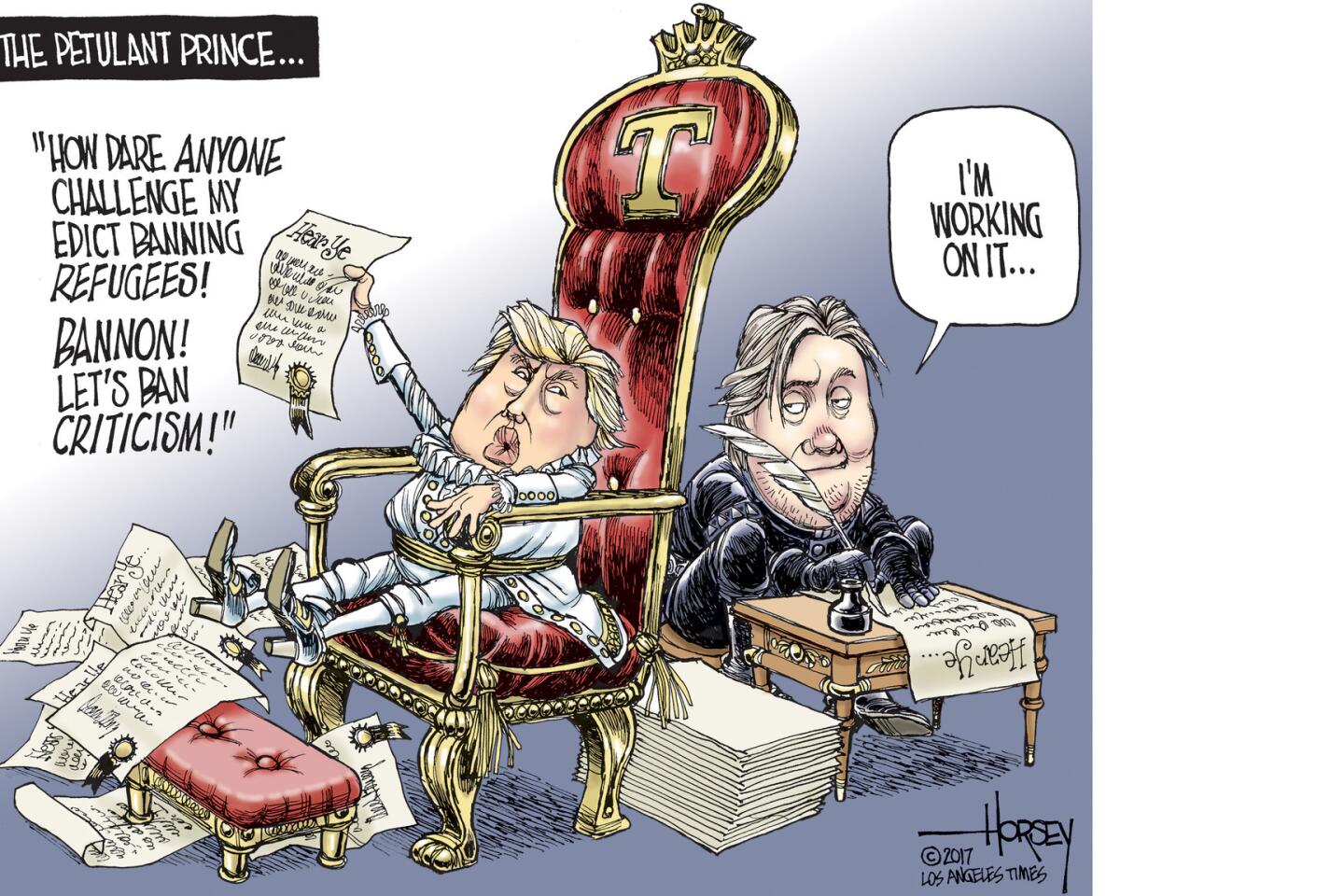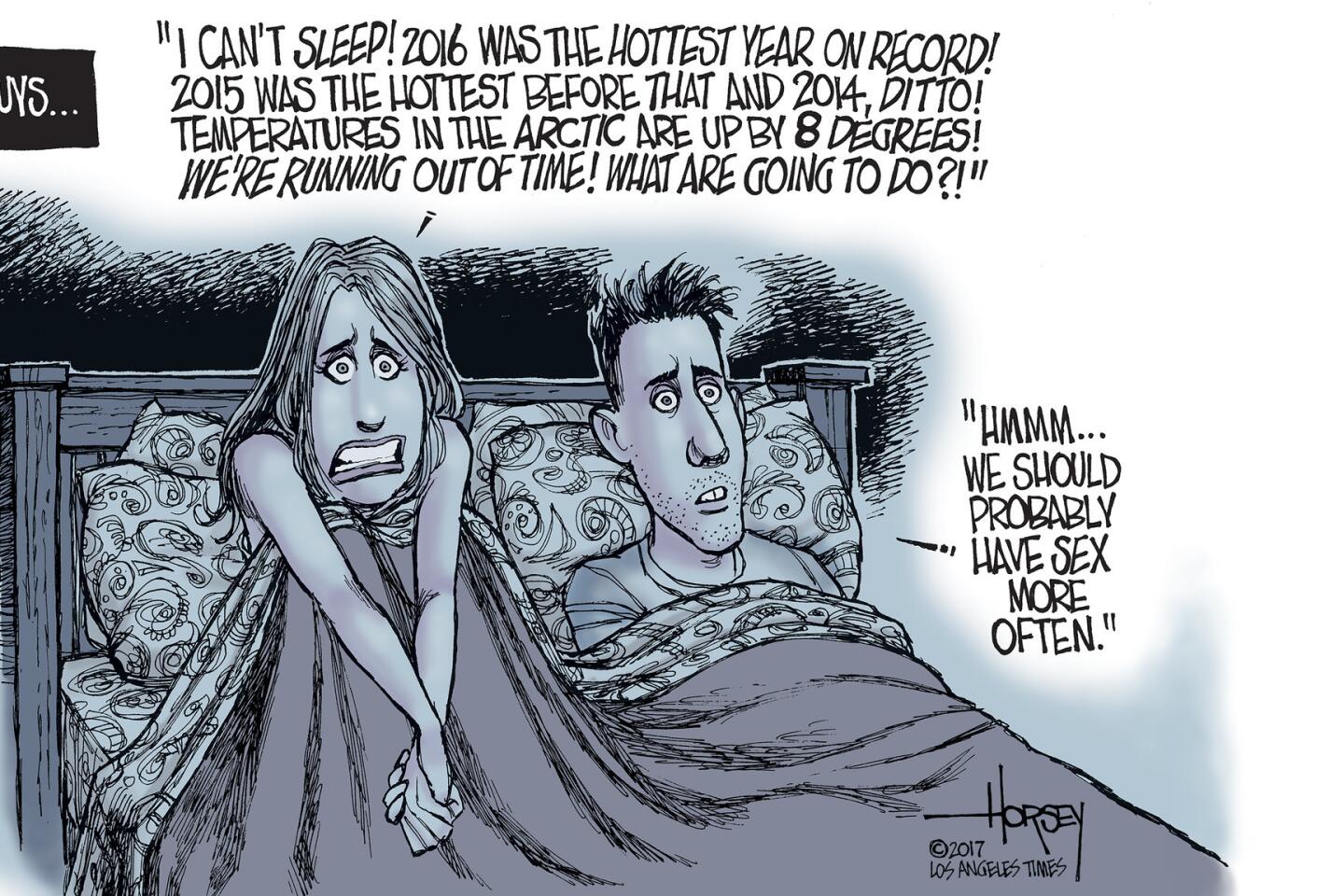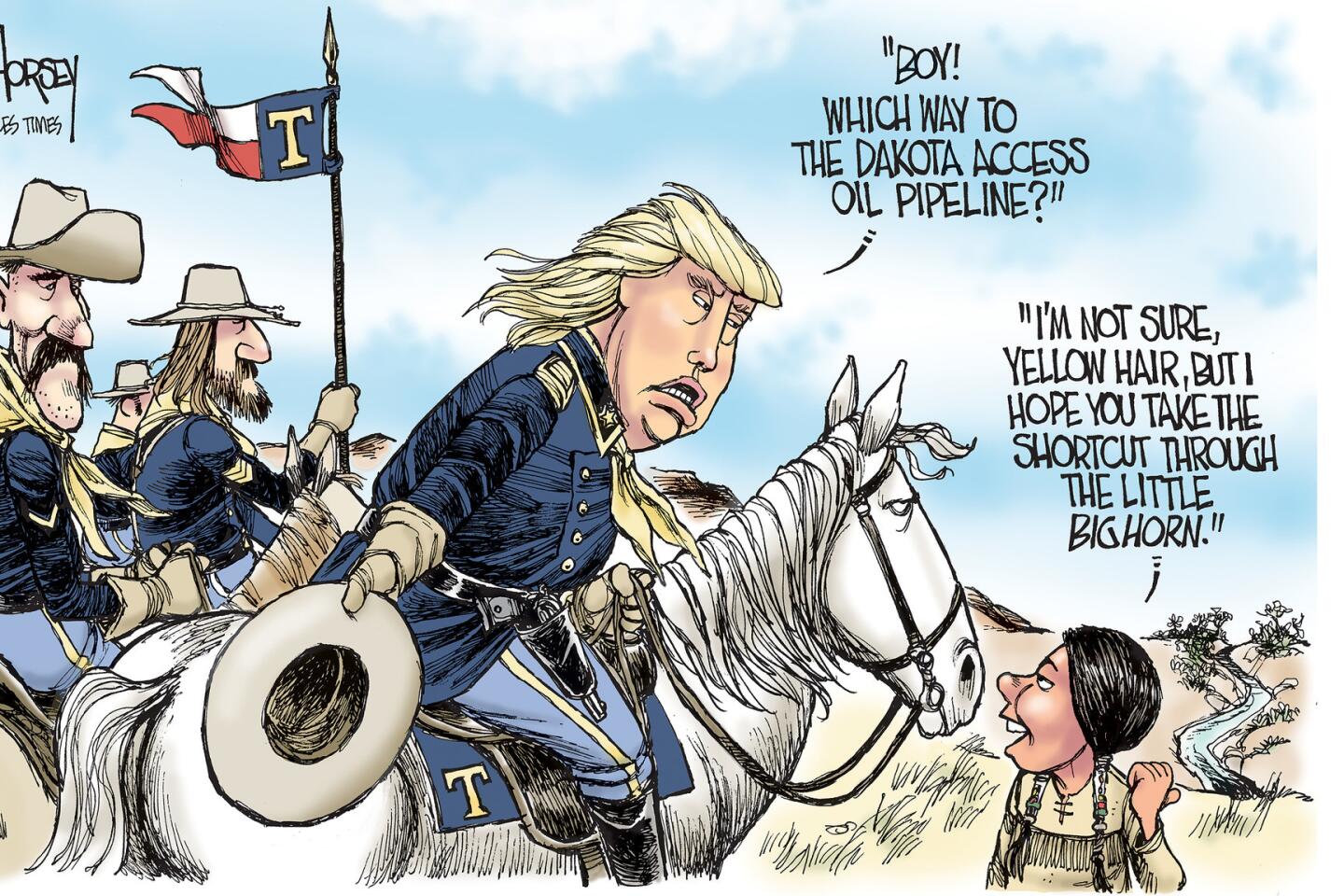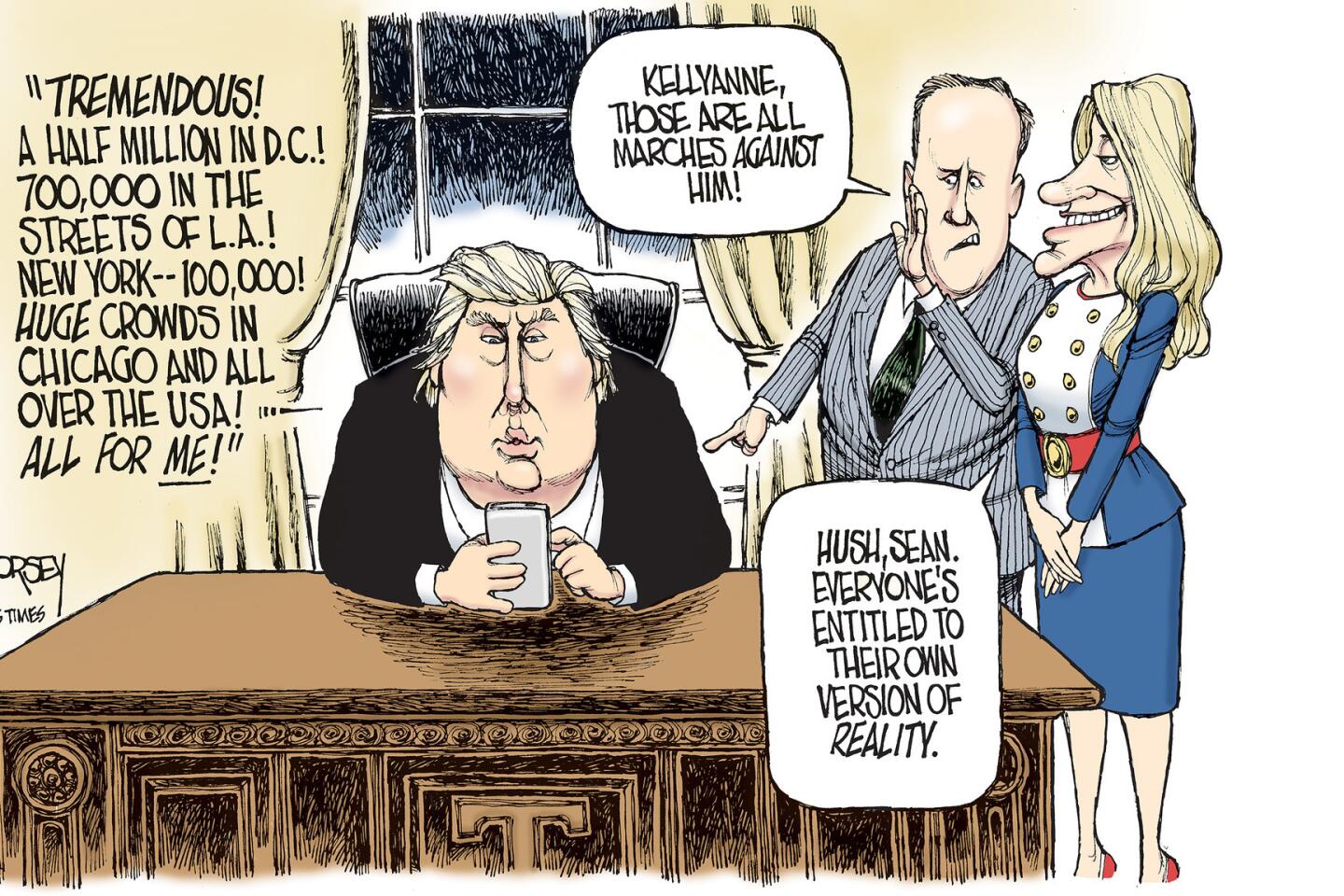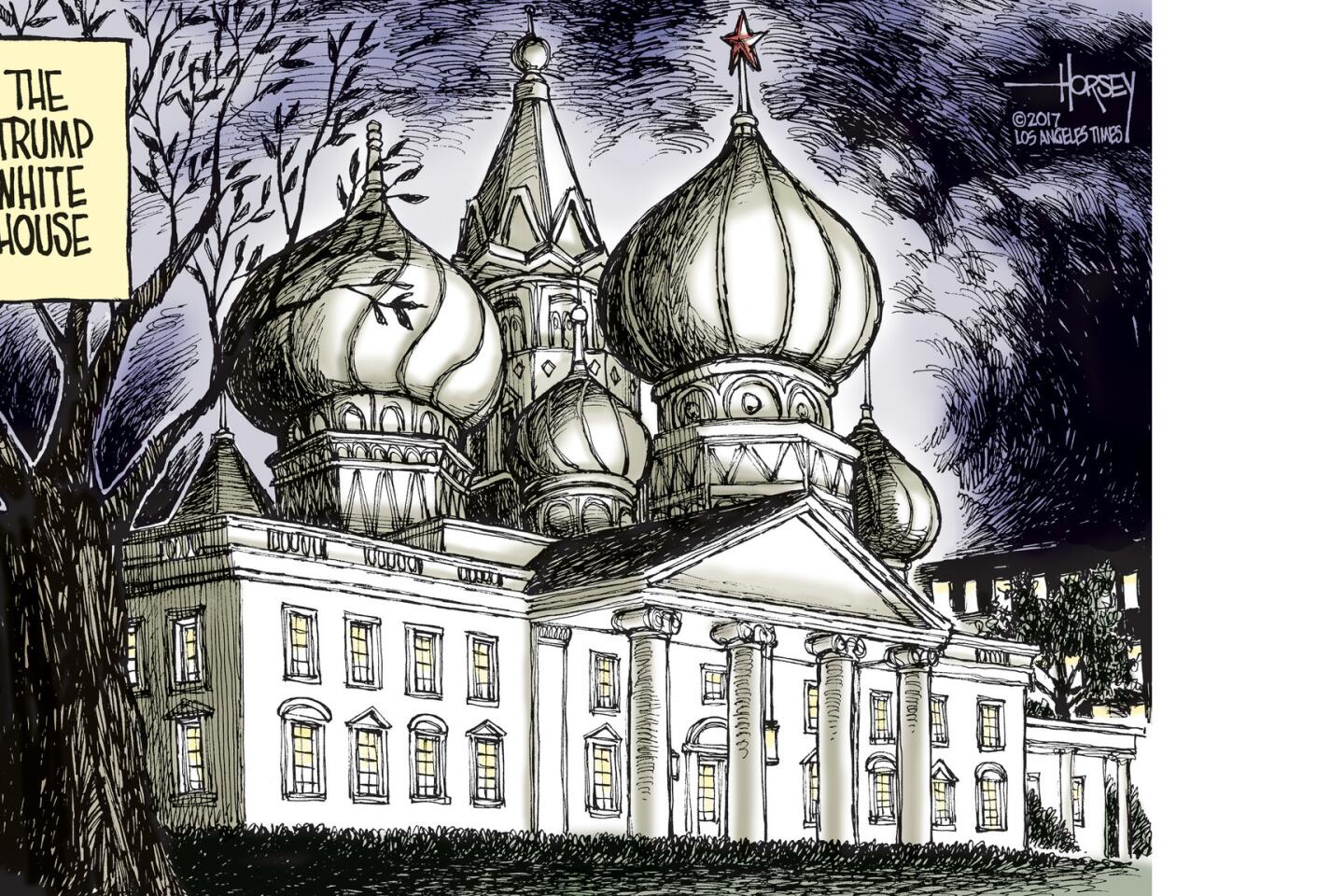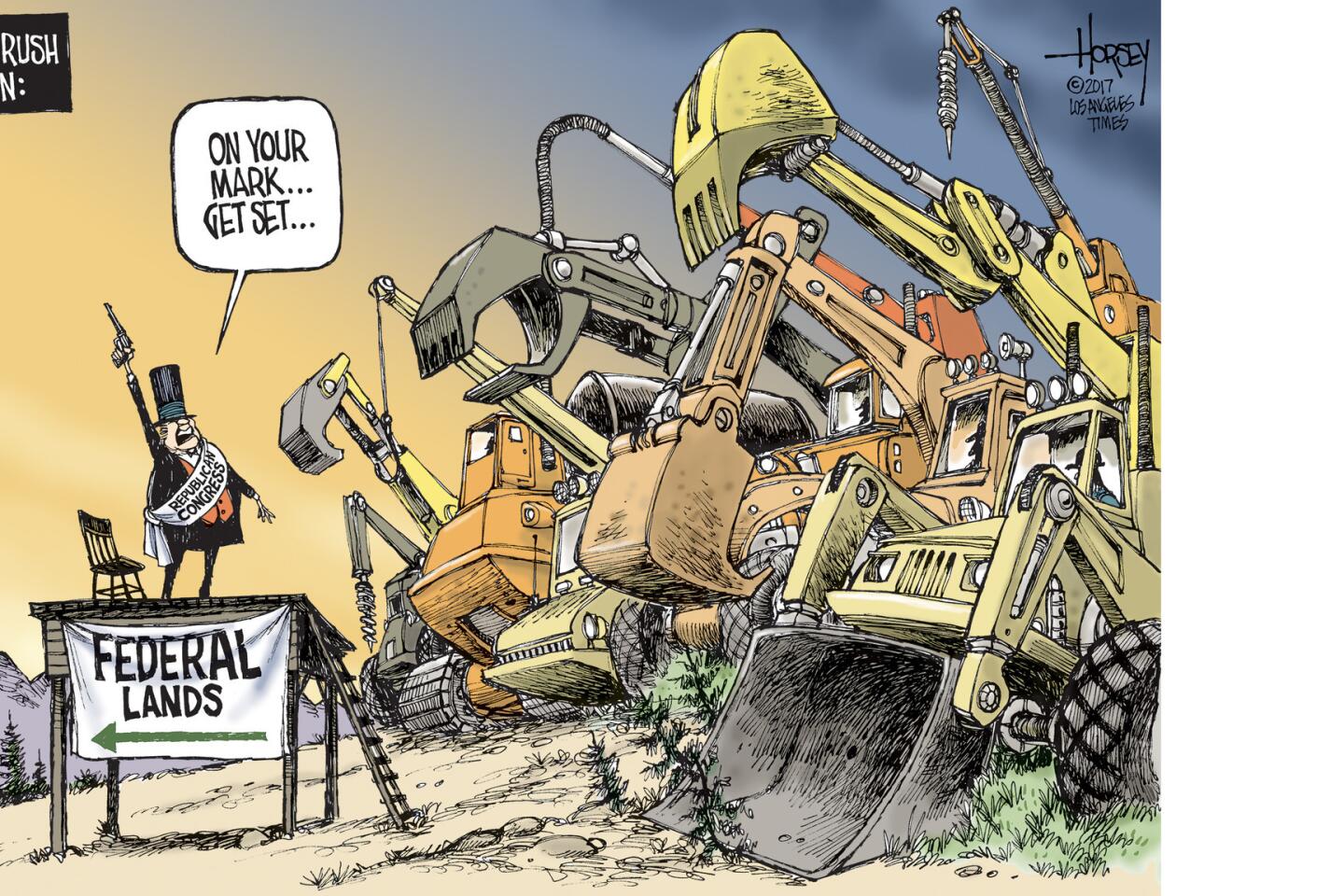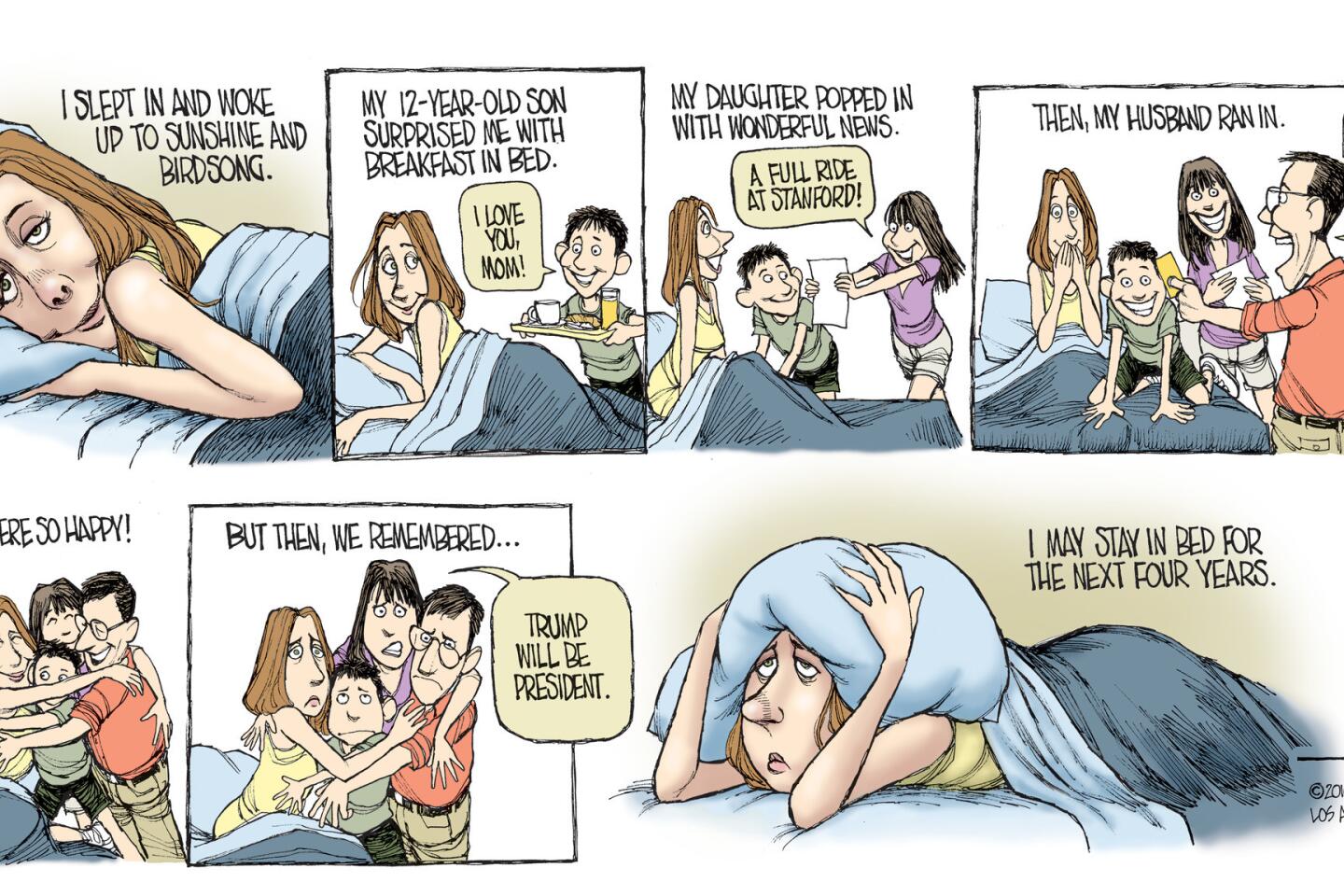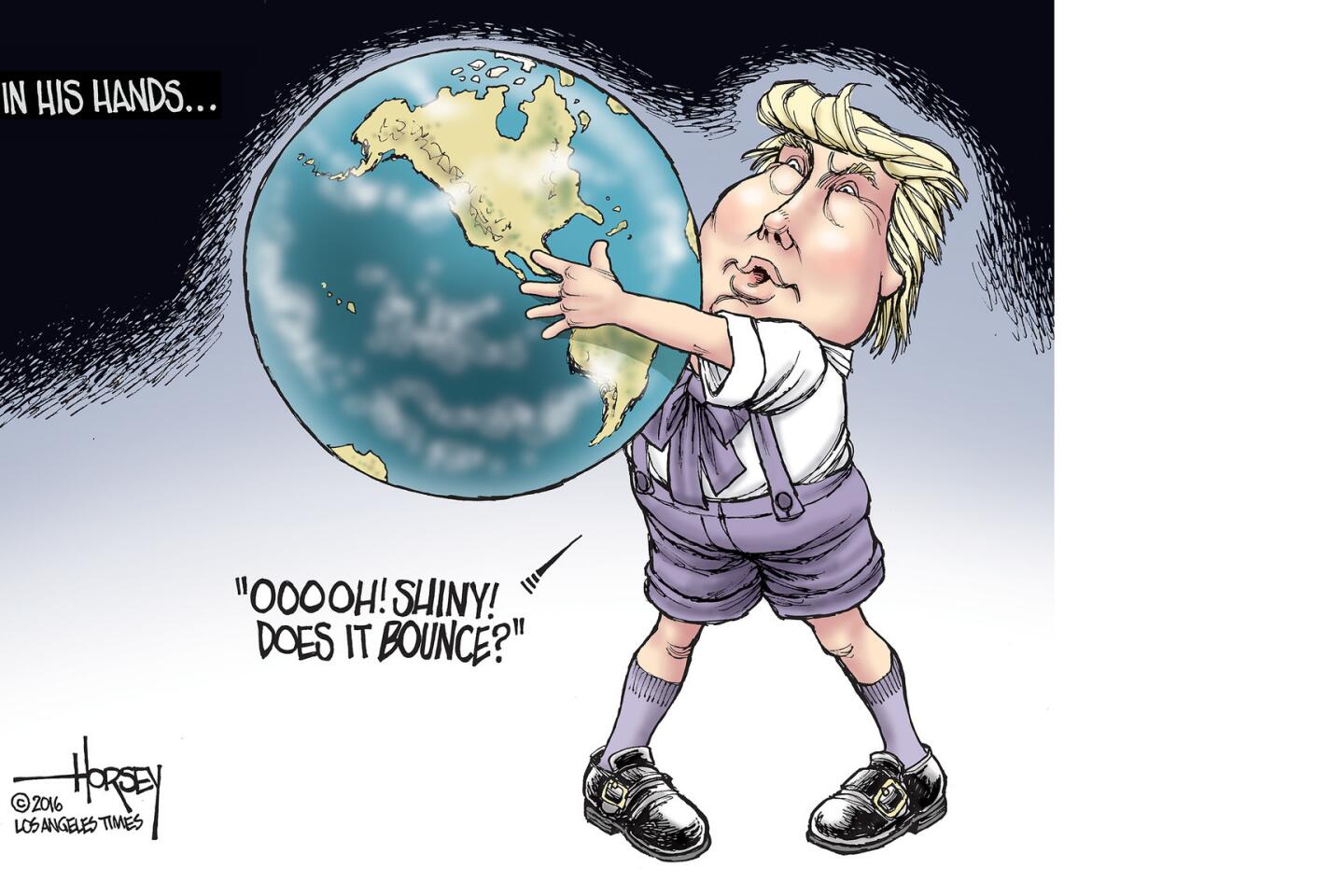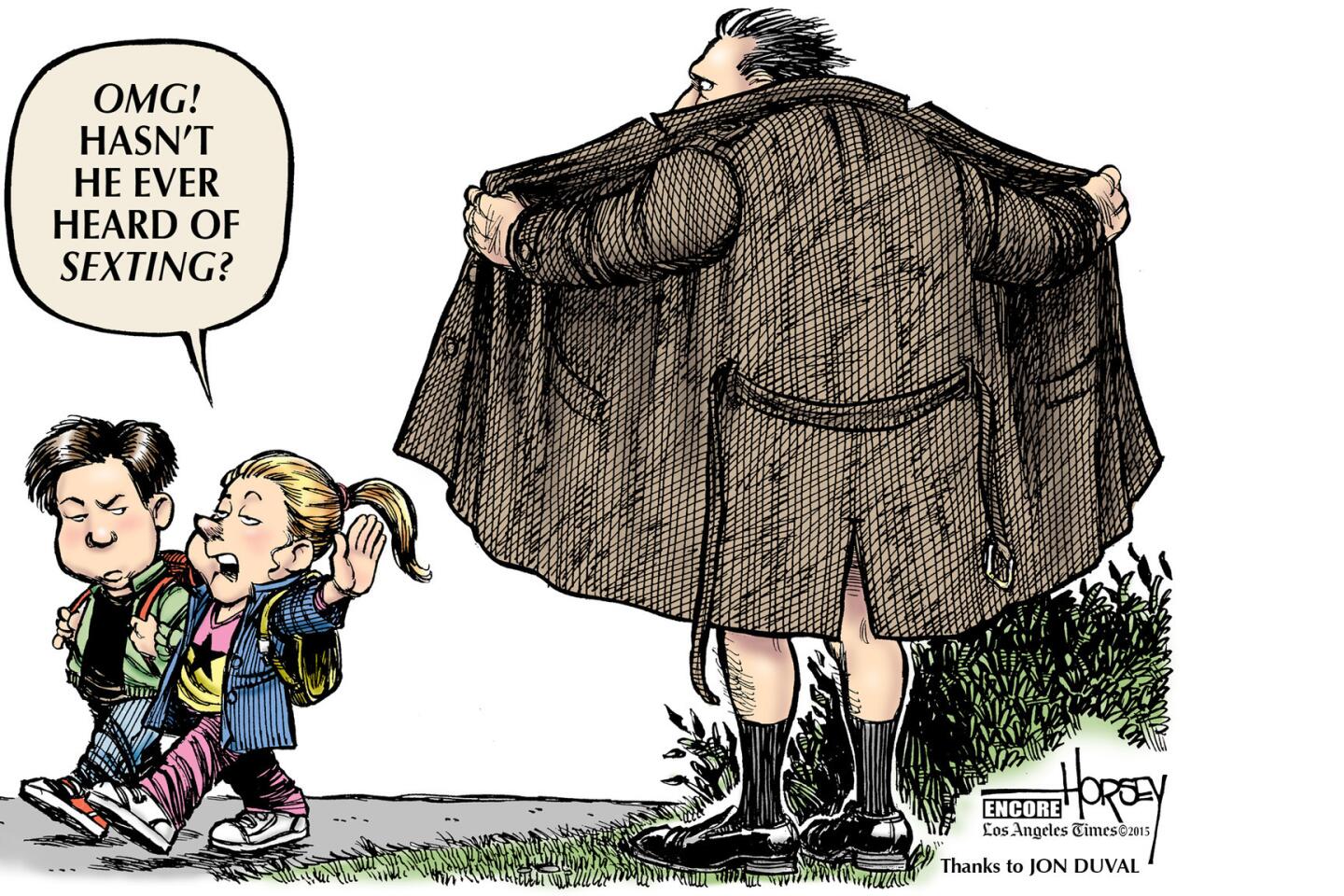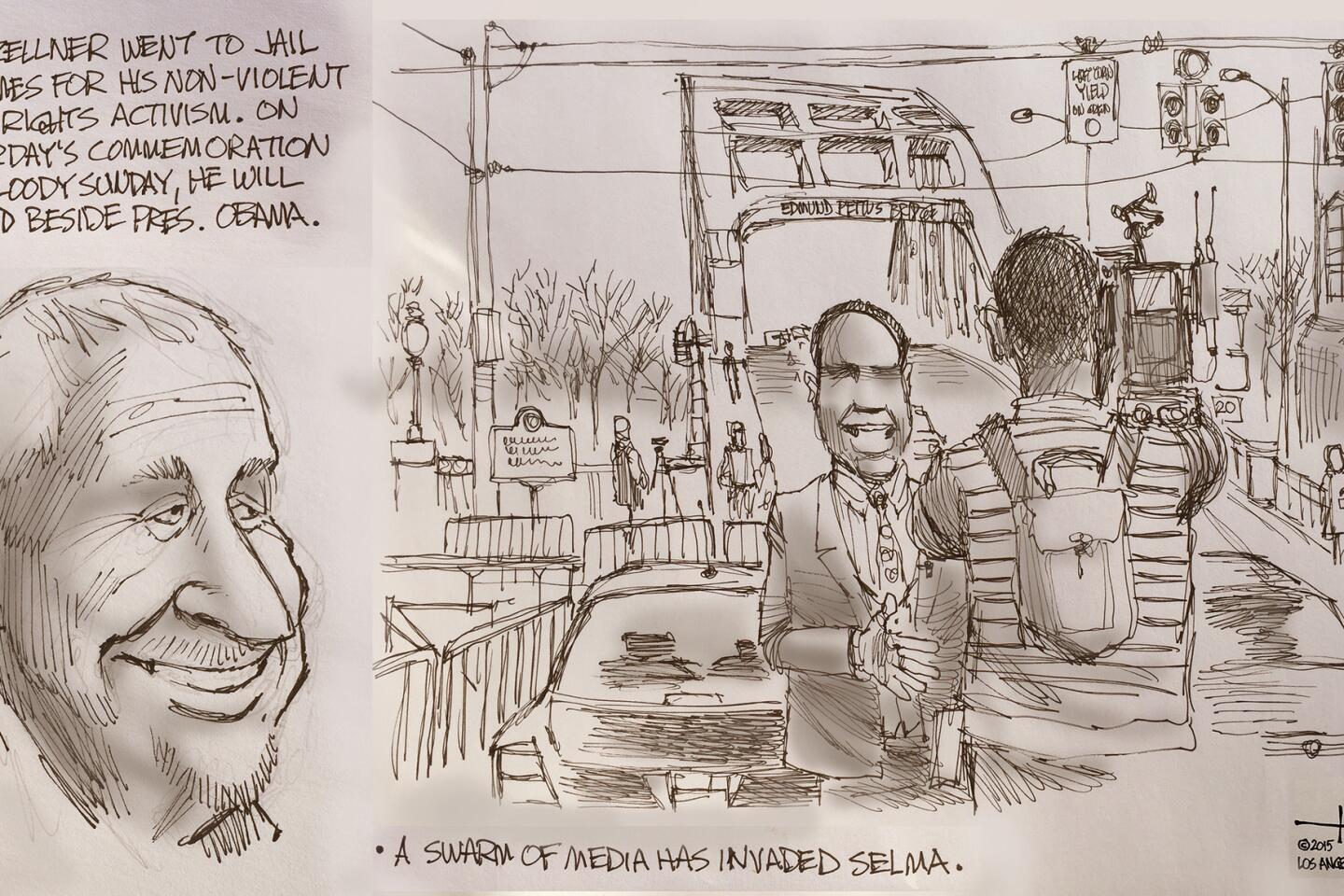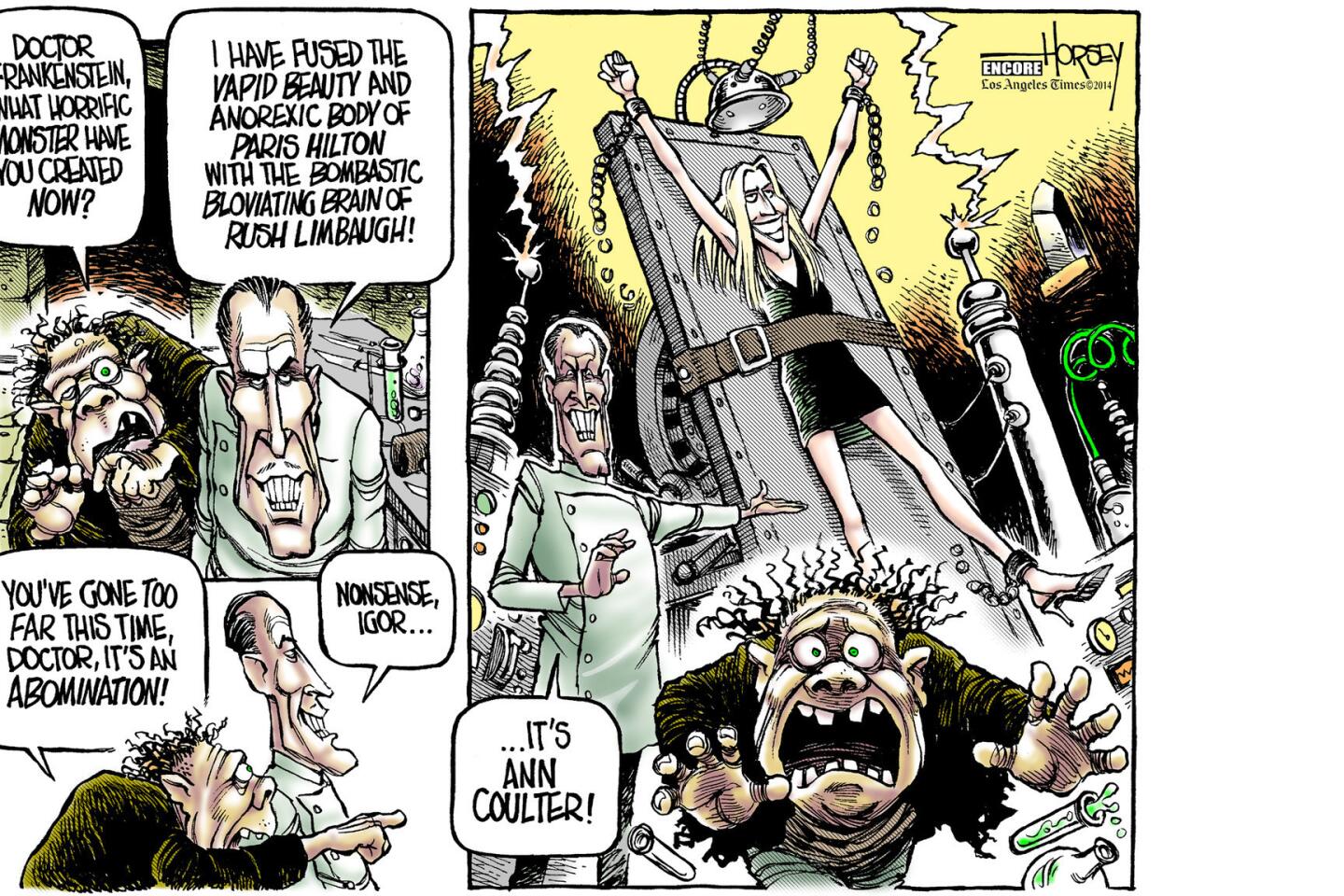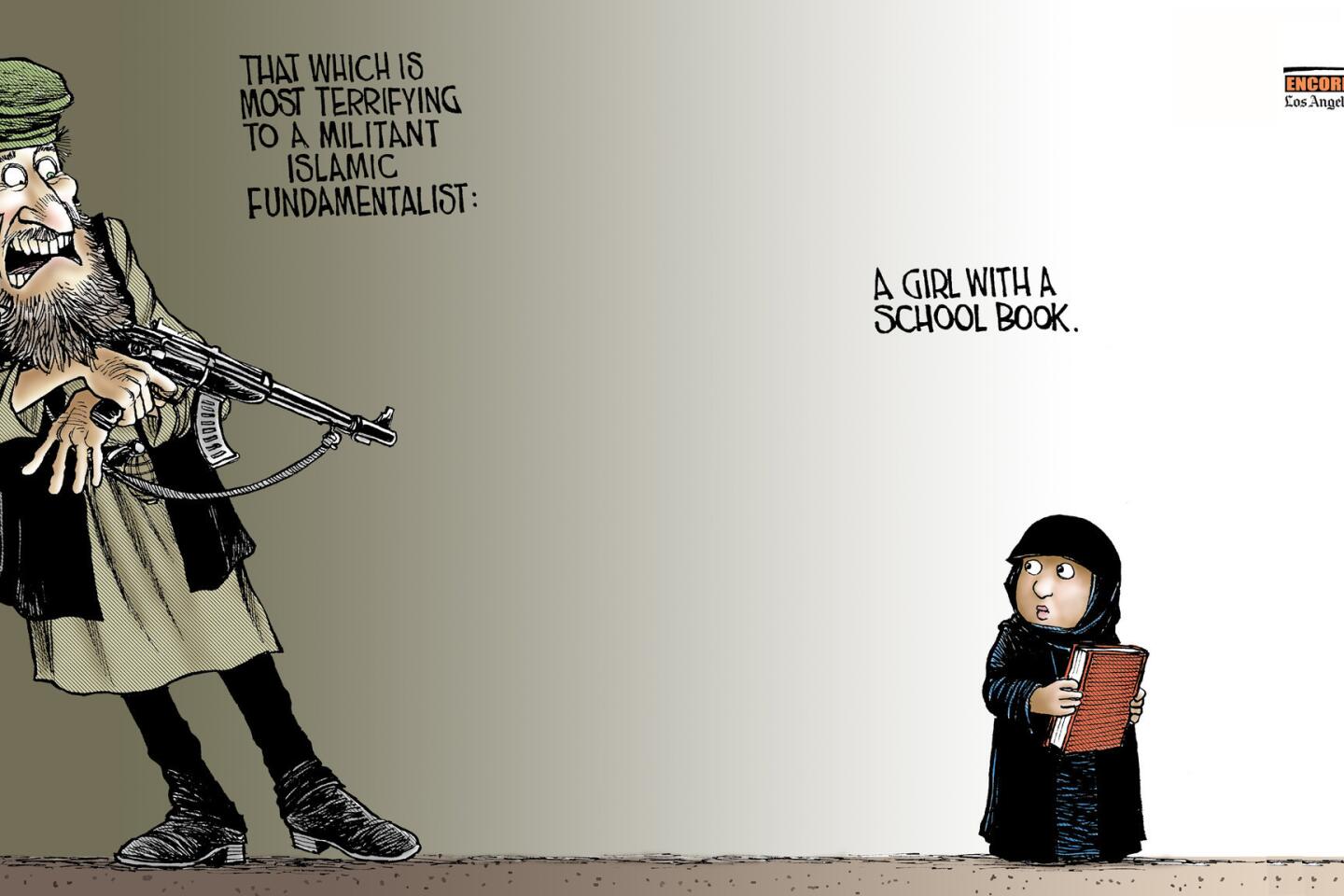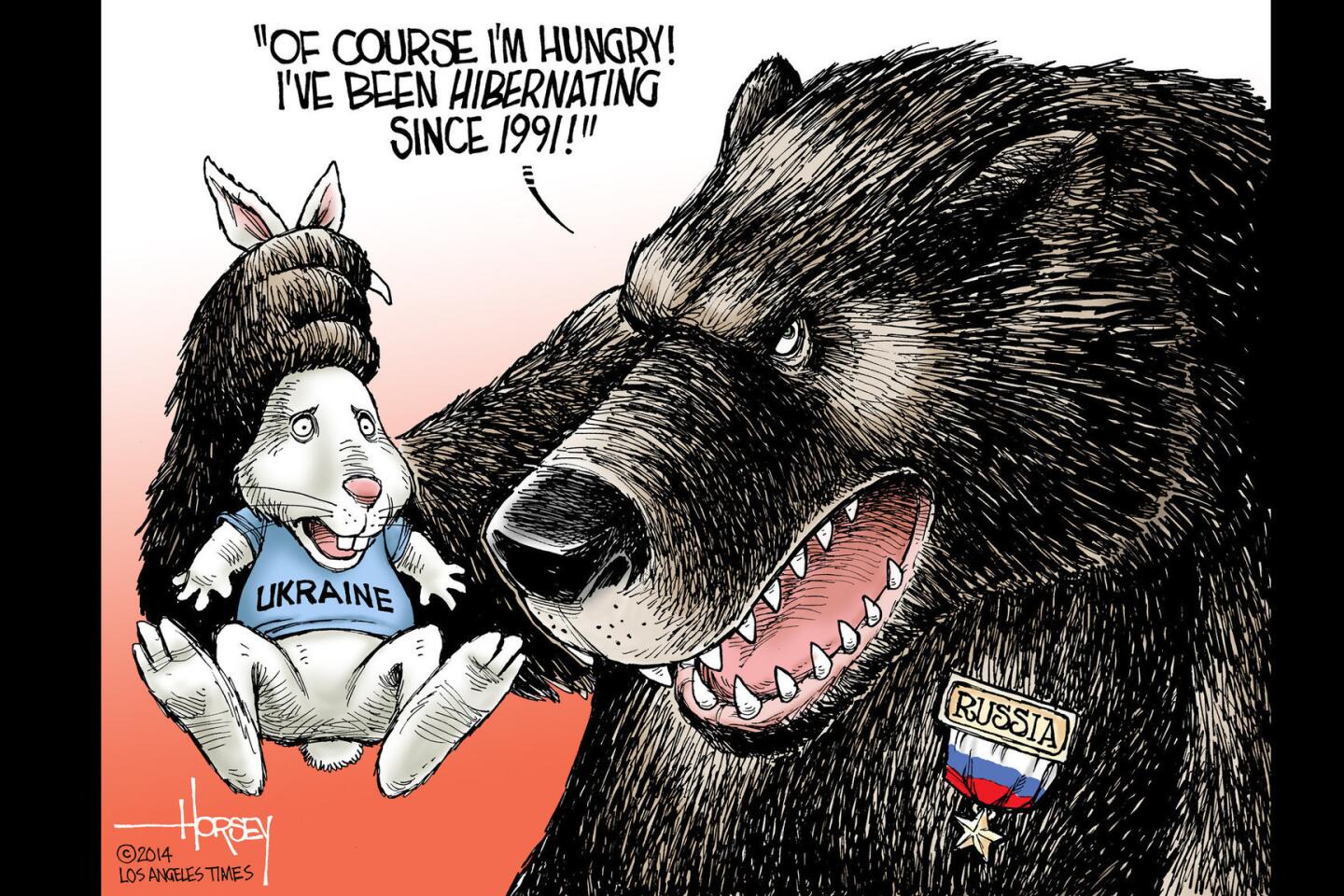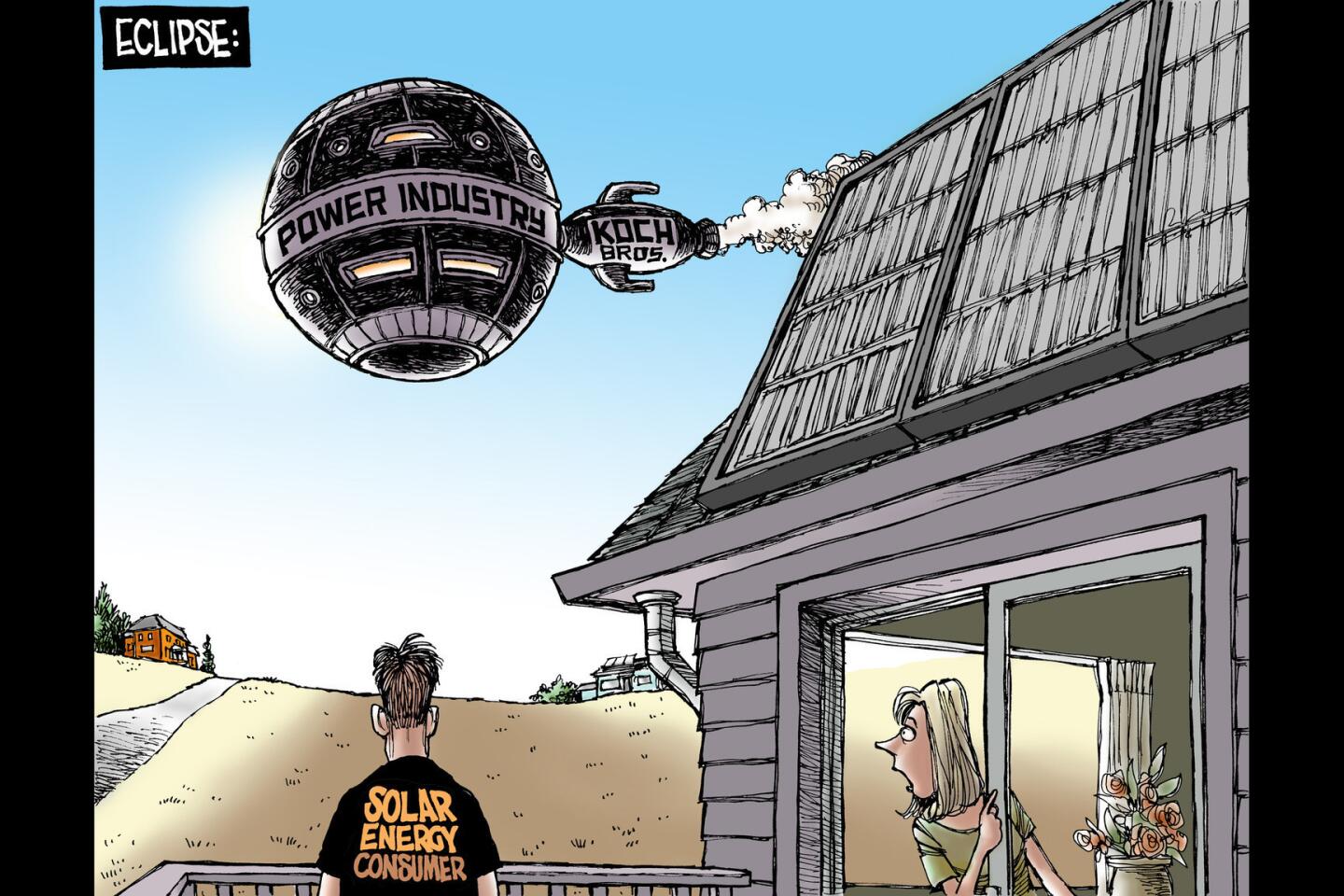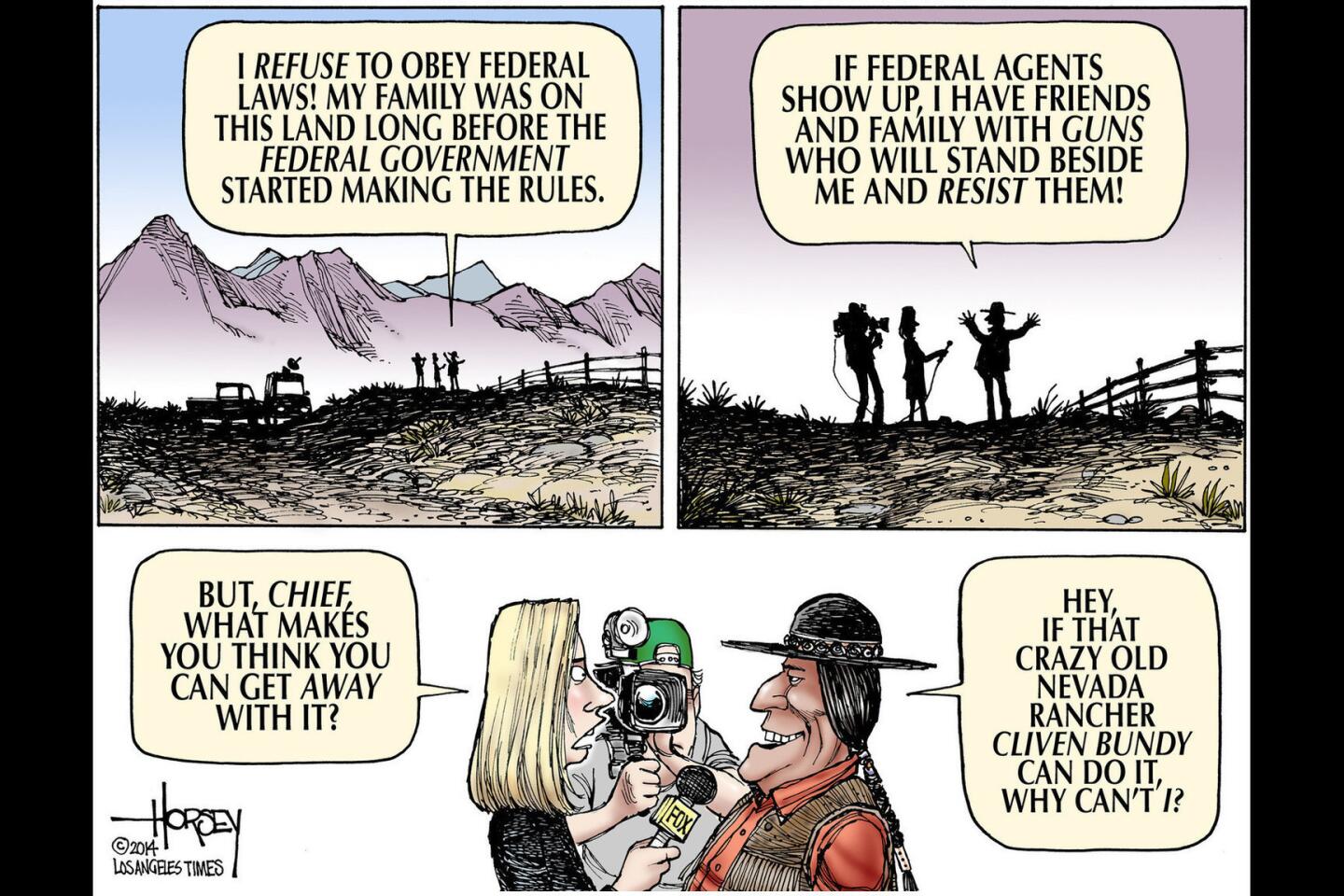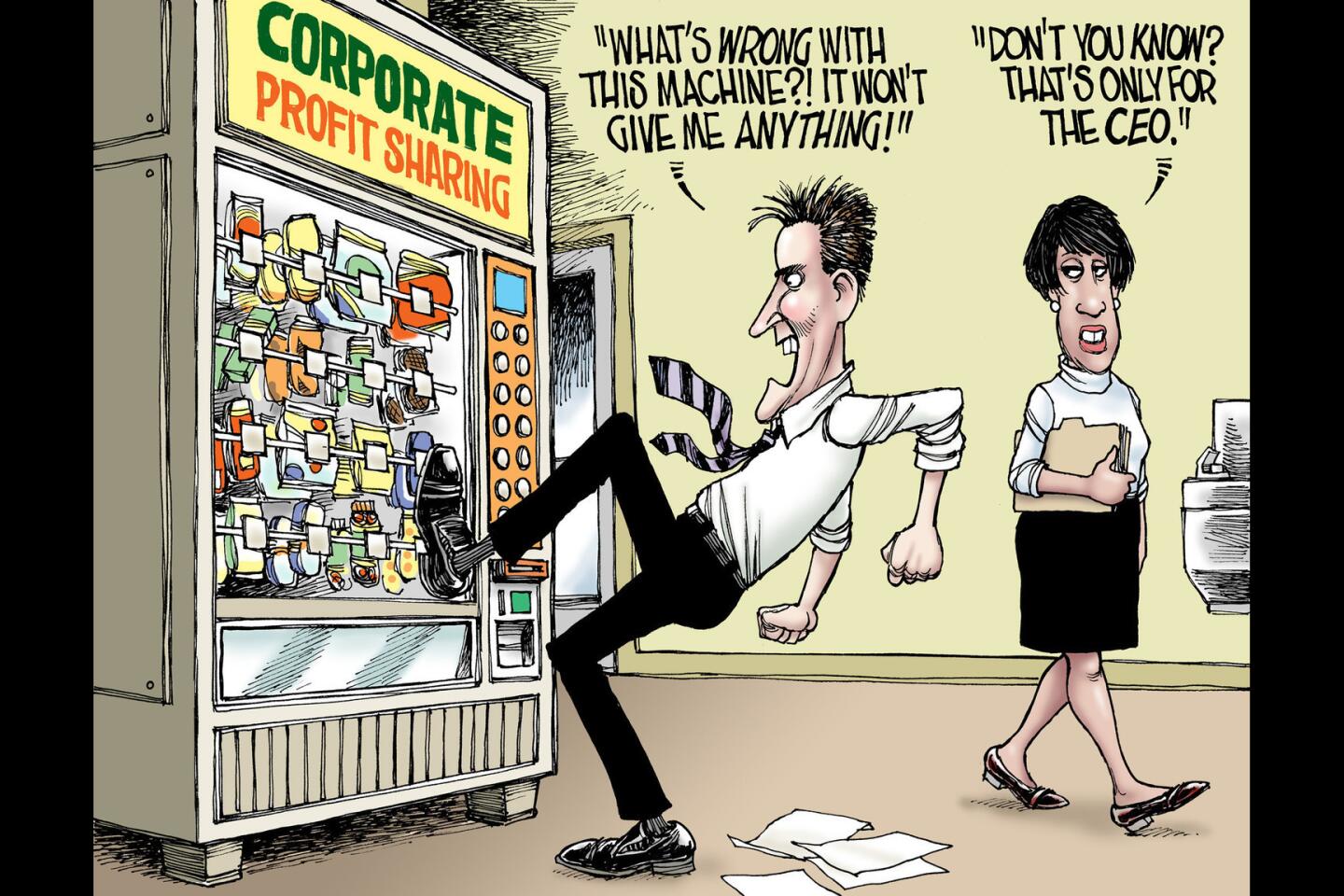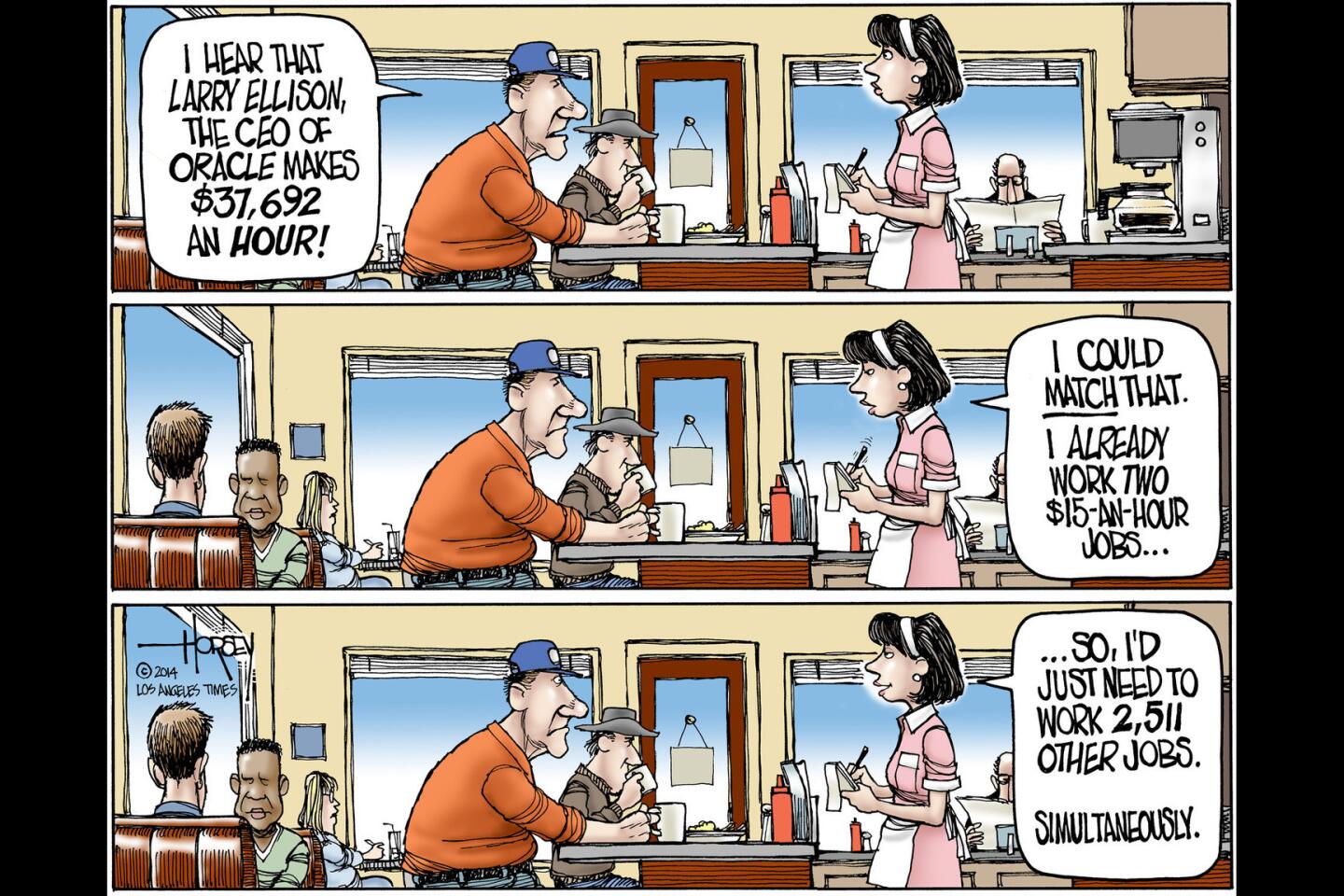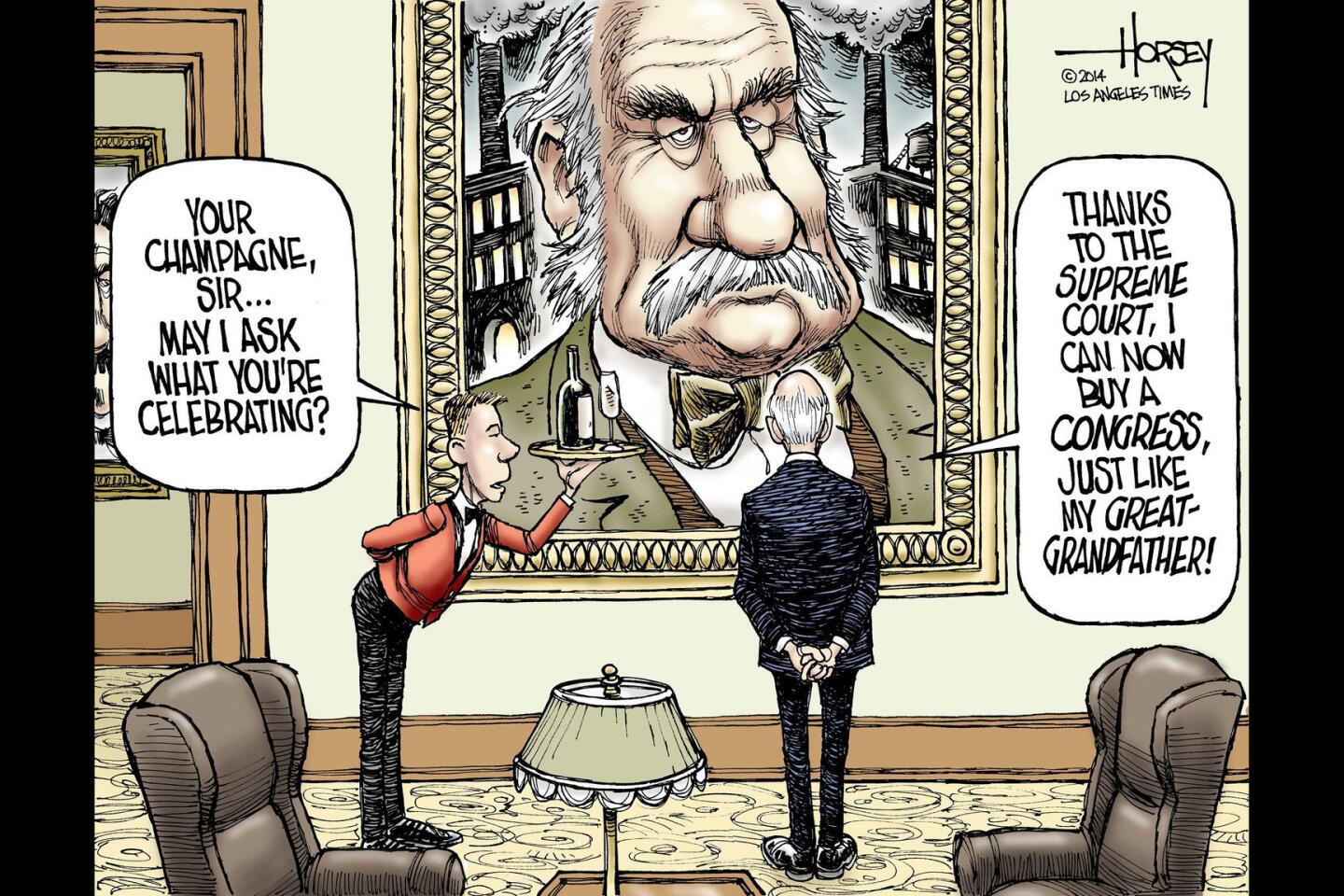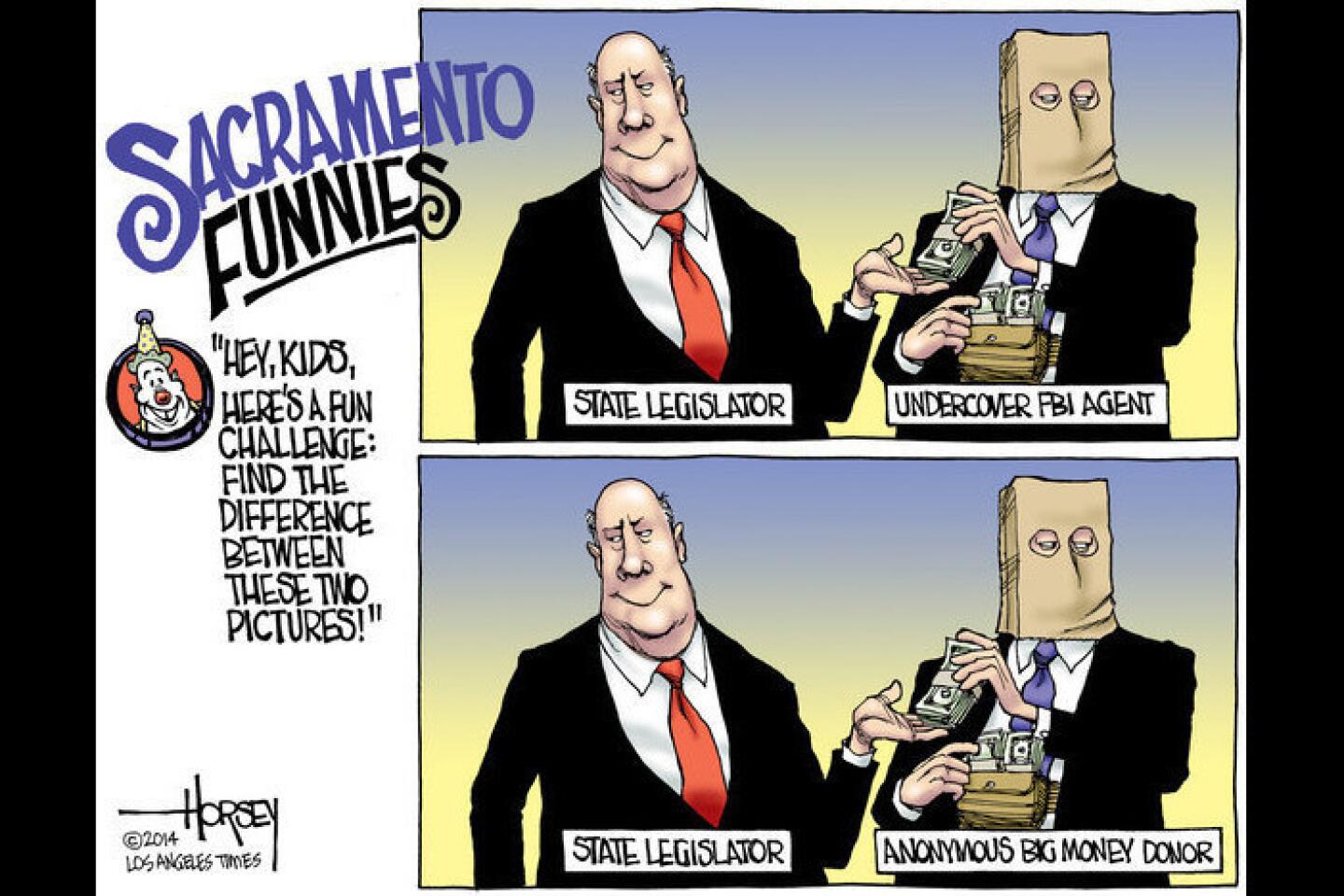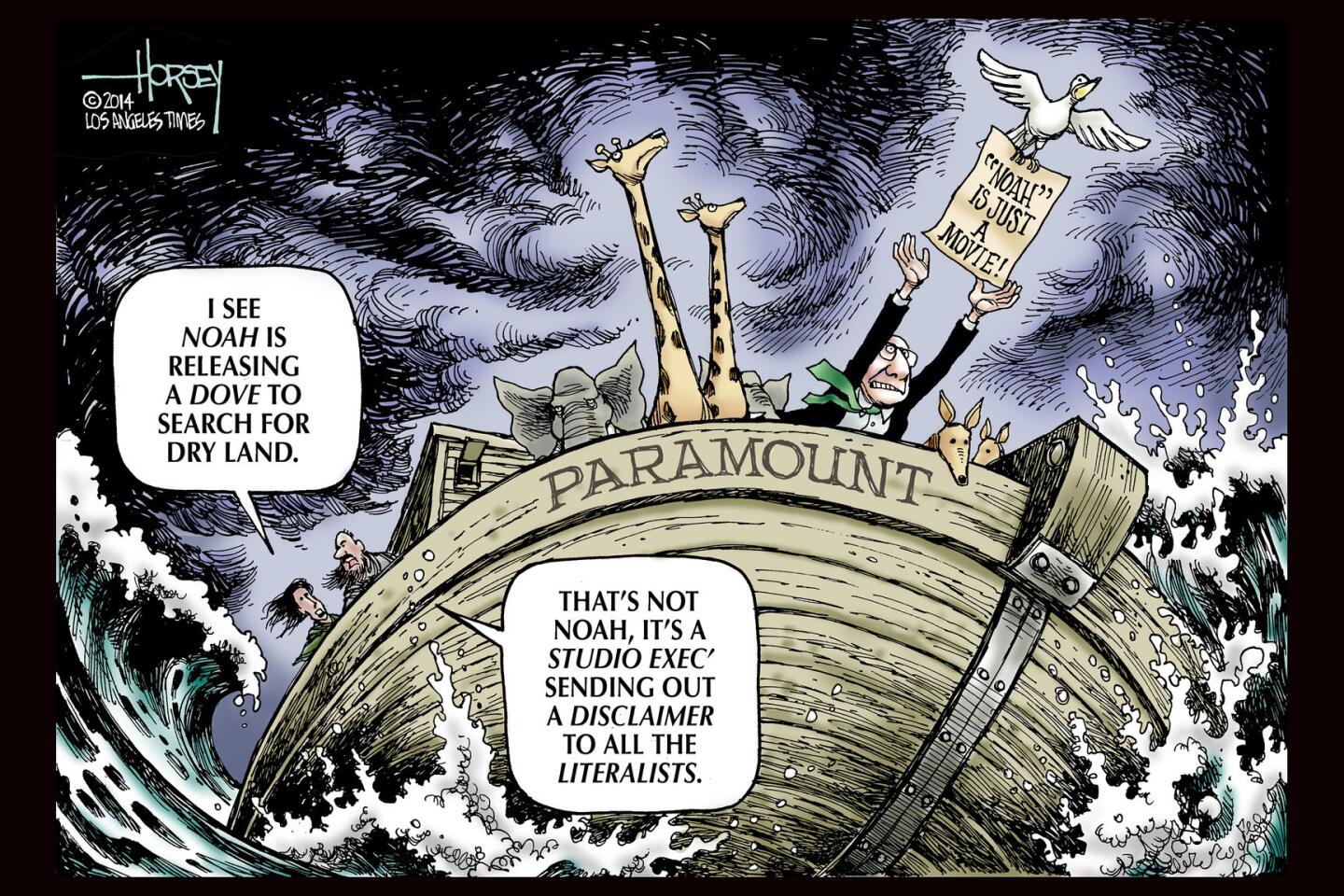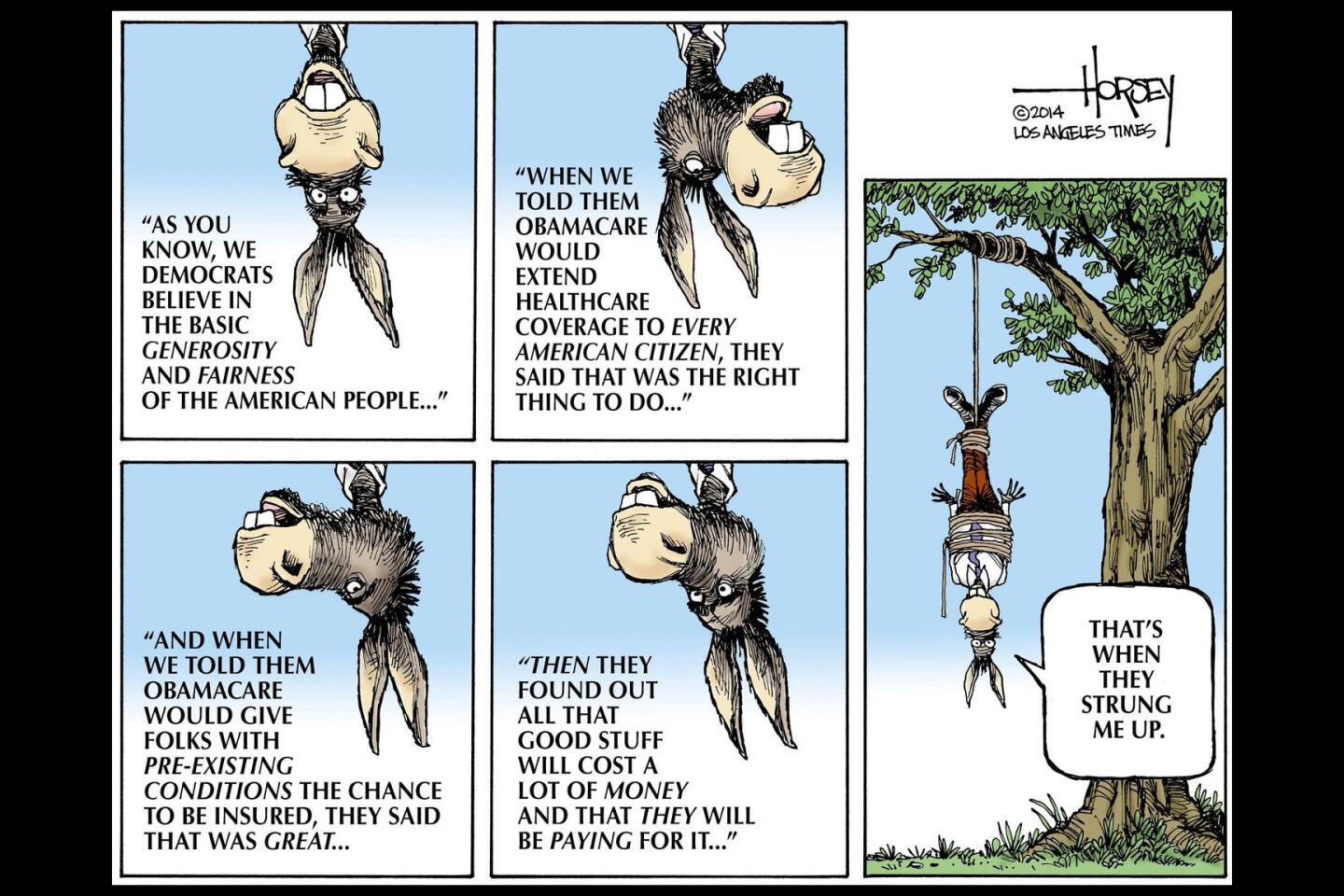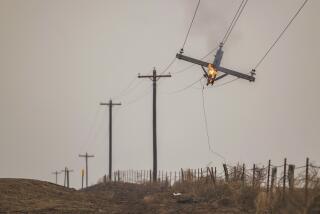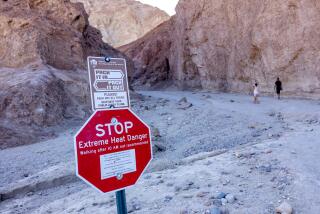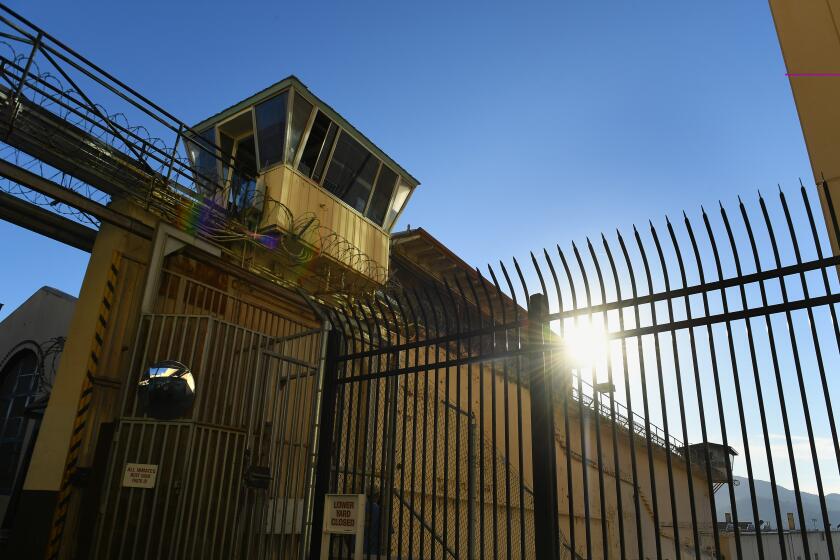Climate change, our biggest threat, can’t be stopped at the border
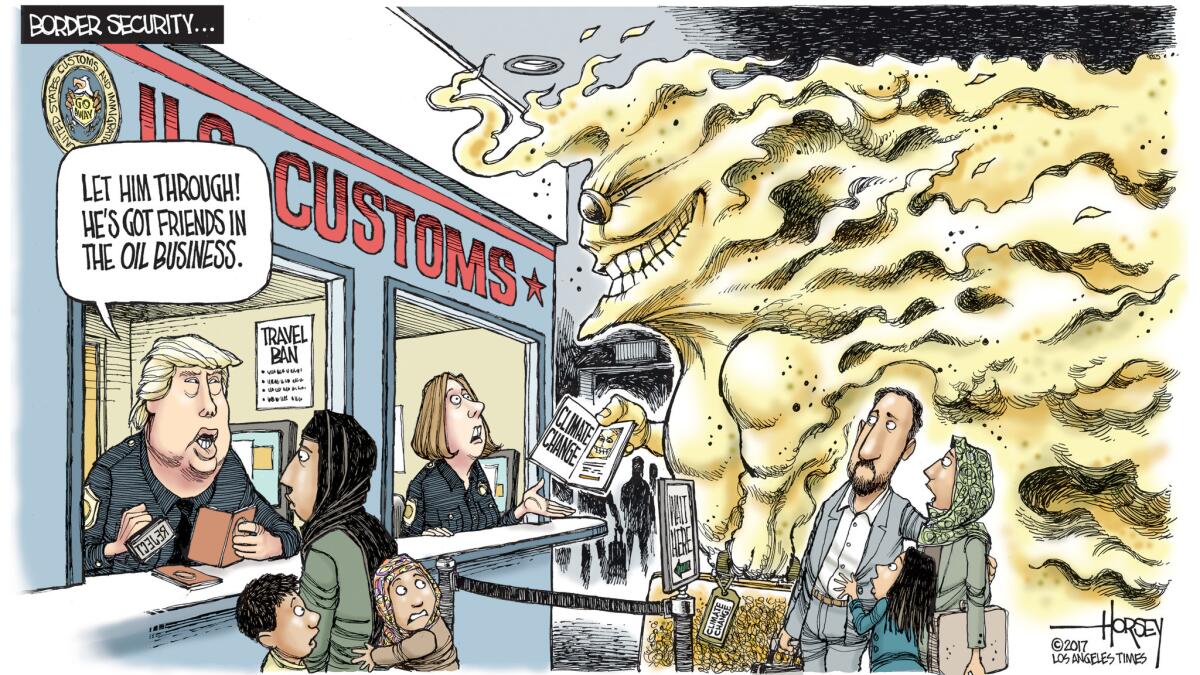
At Squaw Valley near Lake Tahoe last weekend, skiers were half naked. Guys were going shirtless. Girls were in bikini tops. Everybody was in shorts. Ski season in California has not ended and may not completely stop before the snow starts falling again in late autumn.
Skiing with skin bared is not unprecedented. Years ago at Heavenly Valley, I got the worst sunburn of my life when I shed my shirt for a day on the slopes. But that was a day in March, not a day at the end of June.
For the last several years, the snowpack in the Sierras was far below normal, severely stressing the water supply of a state locked in a five-year drought. But that drought ended abruptly this year as the precipitation poured down. The mountain snow got so deep that some ski areas experienced temporary shutdowns when chairlifts could not clear the top of the accumulated snow.
Yet, even as the snowpack sticks around, warm temperatures have kicked in — really warm temperatures. On Sunday it was 111 degrees in some parts of the Los Angeles basin. That was not entirely remarkable because temperatures above 100 were registered all along the Pacific coast, from Washington and Oregon through California and Nevada and into Arizona. Anyone heading to Las Vegas this week will be scorched by 106-degree days.
Is this just weather, the endless series of transient atmospheric phenomena that give us something to talk about when we strike up a conversation with a new neighbor? Or are droughts and huge snowpacks and really high temperatures signs of climate change?
That is not easy to sort out. A lot of us confuse weather and climate, like Oklahoma Sen. James Inhofe who brought a snowball to the floor of the Senate in February 2015 as a prop to somehow demonstrate that climate change is a hoax. He seemed to think a major snowstorm in Washington in February was proof the planet is not warming.
That one snowstorm did not prove anything. Weather happens. Rain and snow come and go. Hot days come in the summer. Cold days come in winter. Always has been, always will be.
Climate, though, is something else. Climate is a sustained pattern, something that can be reckoned to stay within certain norms over many years — until it doesn’t. When the patterns shift in significant ways, that is climate change.
Most of the world’s scientists say that is happening now. Weather worldwide is getting more extreme, glaciers are melting, the polar ice caps are receding, growing seasons are shifting, sea levels are rising and annual temperatures are consistently hitting higher records. In some places, those record temperatures are causing real alarm.
One month ago, the citizens of Turbat, Pakistan, suffered through a day that hit 128 degrees. That is very close to the scientifically-confirmed, highest global temperature ever recorded (in Death Valley, of course).
Pakistani officials are certain their country is enduring the new extremes of global warming. In the United States, the current leadership is not so convinced. Even though the Department of Defense lists global chaos caused by climate change as a daunting security challenge in the years to come, our president (who pays little attention to what experts in his government have to say) seems not to give a hoot. His big idea for protecting national security is a travel ban on Muslims that does little to enhance procedures that already exist for catching terrorists who may try to slip into the country. His big idea on climate change is to abandon the Paris accords that set greenhouse gas reduction goals for nearly every country on the planet.
Statistically, the odds that any American will die in a terrorist attack is one in millions. The chance that any American will be affected by climate change, however, is already 100%. But terrorists are more viscerally scary, in a swarthy-skinned movie-villain sort of way. For politicians, it is easy to drum up fears about fanatic creeps who behead innocent people and scream religious slogans before they blow themselves up in public squares.
It is much tougher to raise alarm about climate change, an existential threat that is still hard to fully comprehend. And it does not help that the best remedies for the problem are opposed by the fossil fuels industry that funds the campaigns of the politicians who choose to believe there is no climate problem at all.
Follow me at @davidhorsey on Twitter
More to Read
A cure for the common opinion
Get thought-provoking perspectives with our weekly newsletter.
You may occasionally receive promotional content from the Los Angeles Times.
